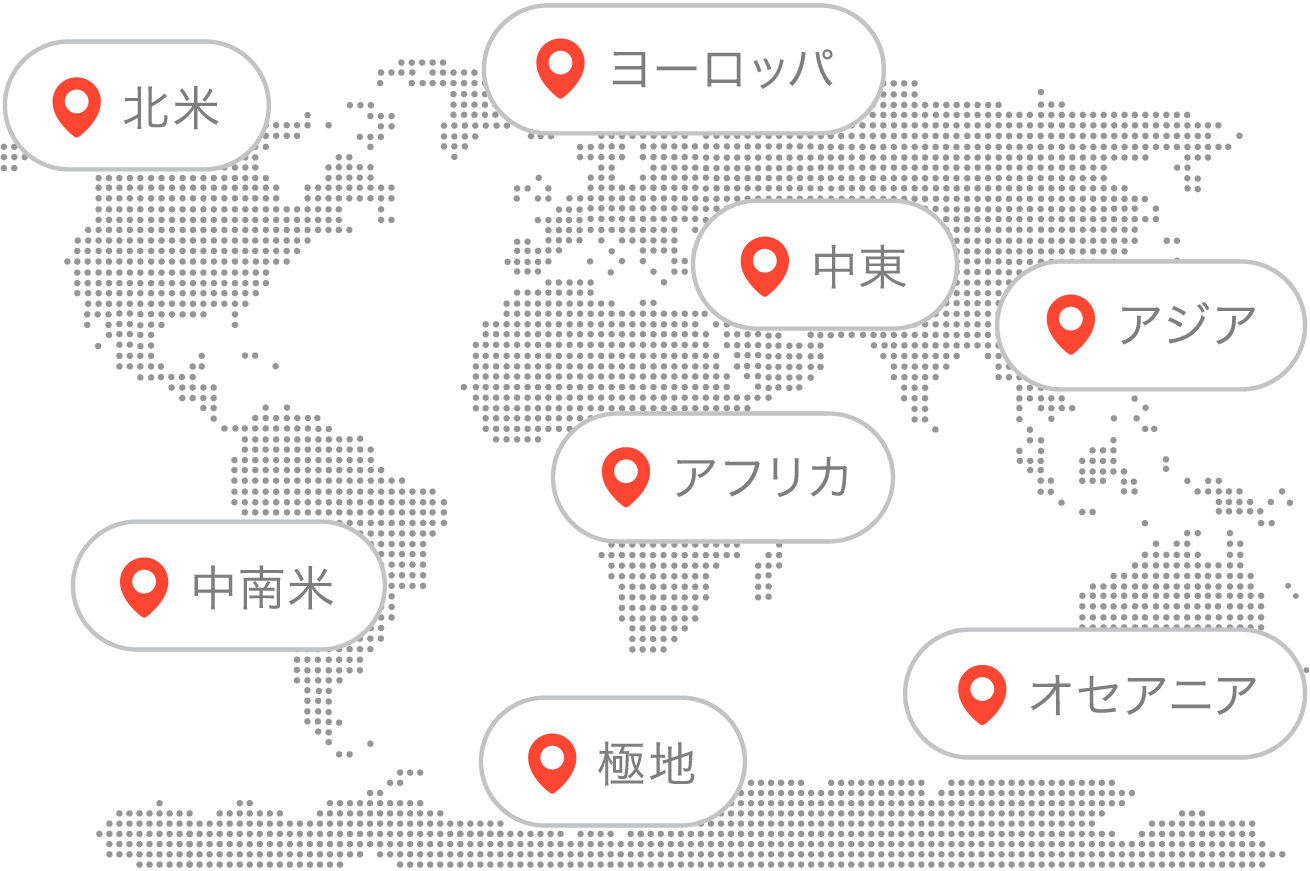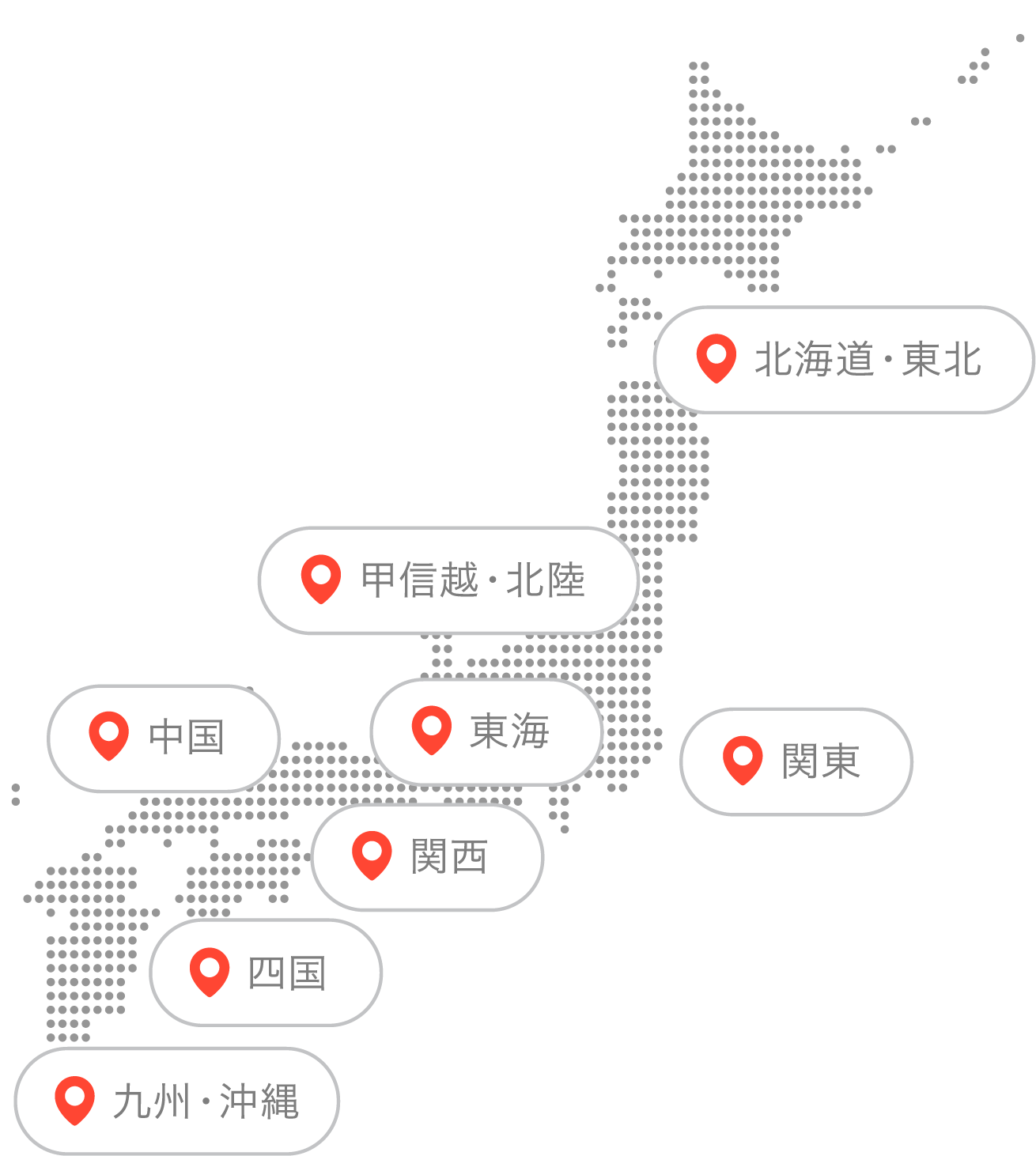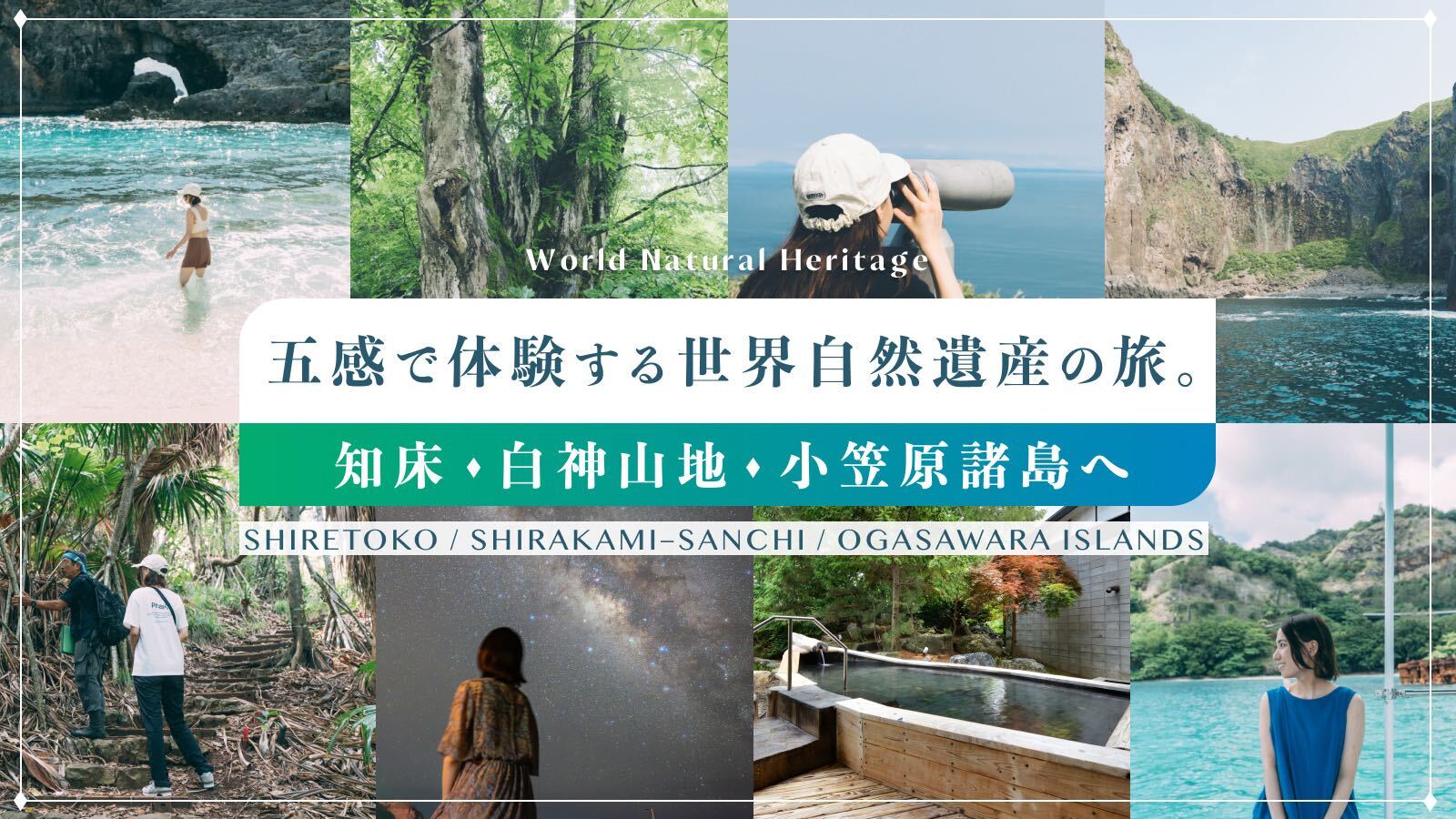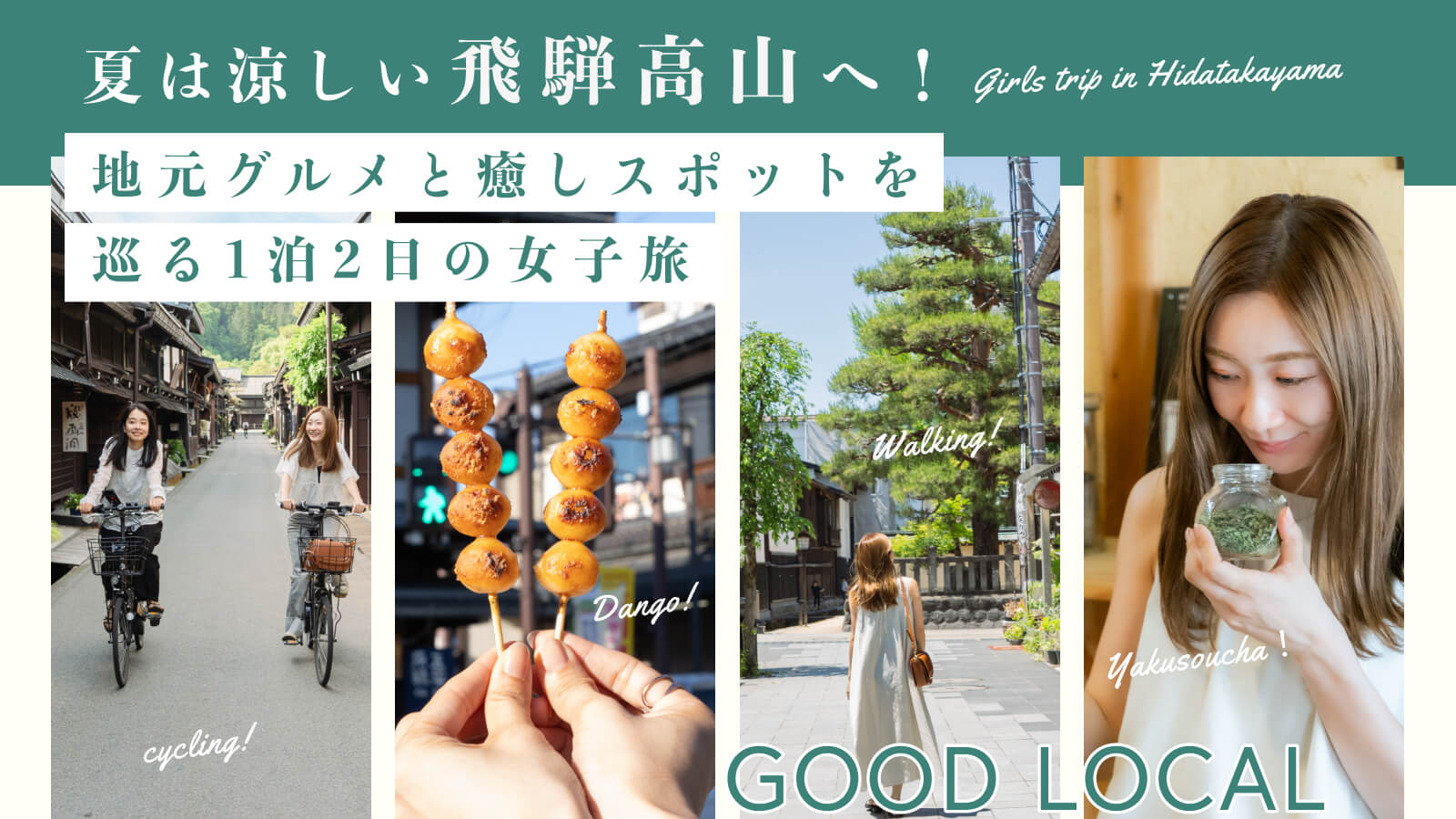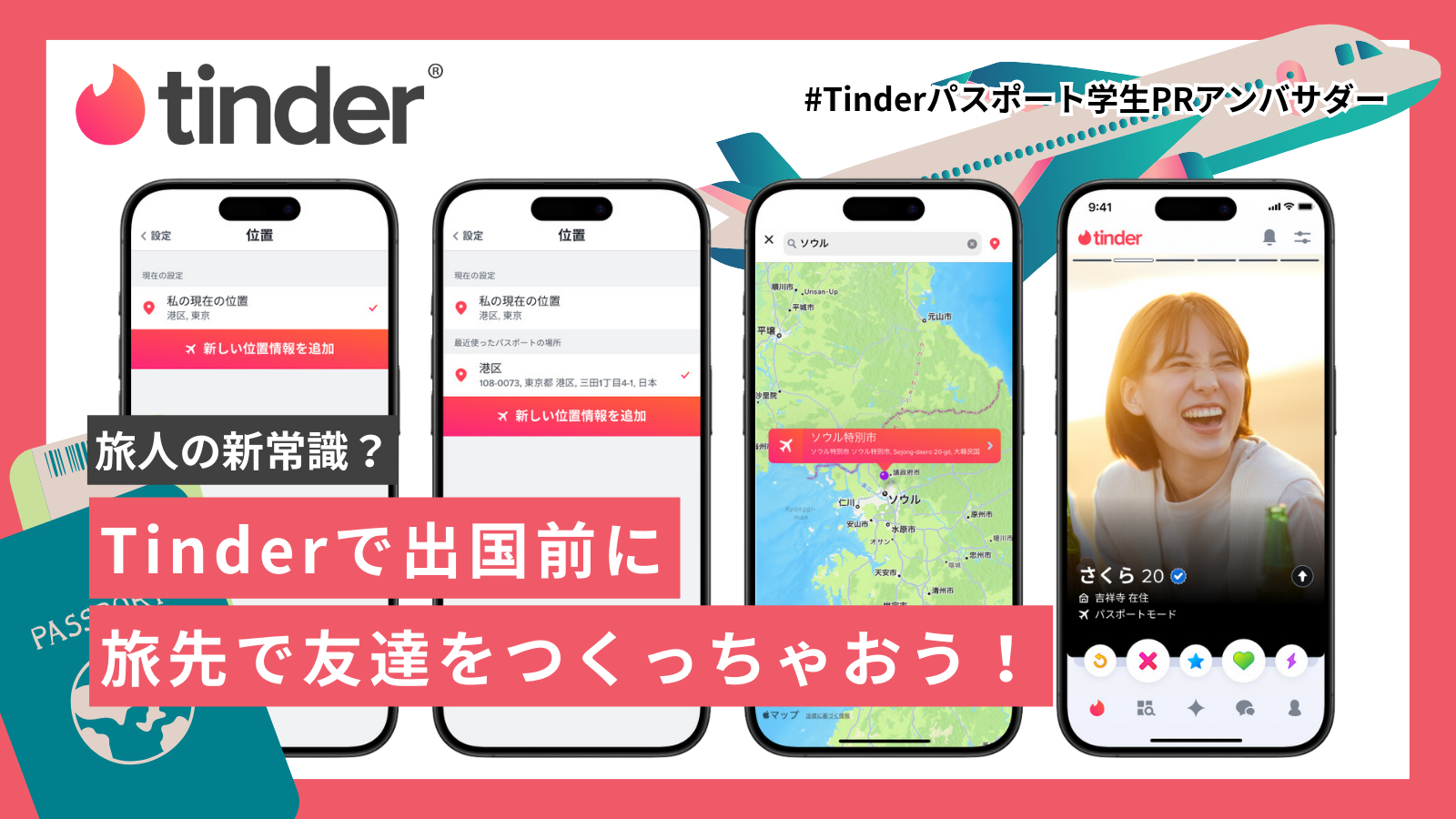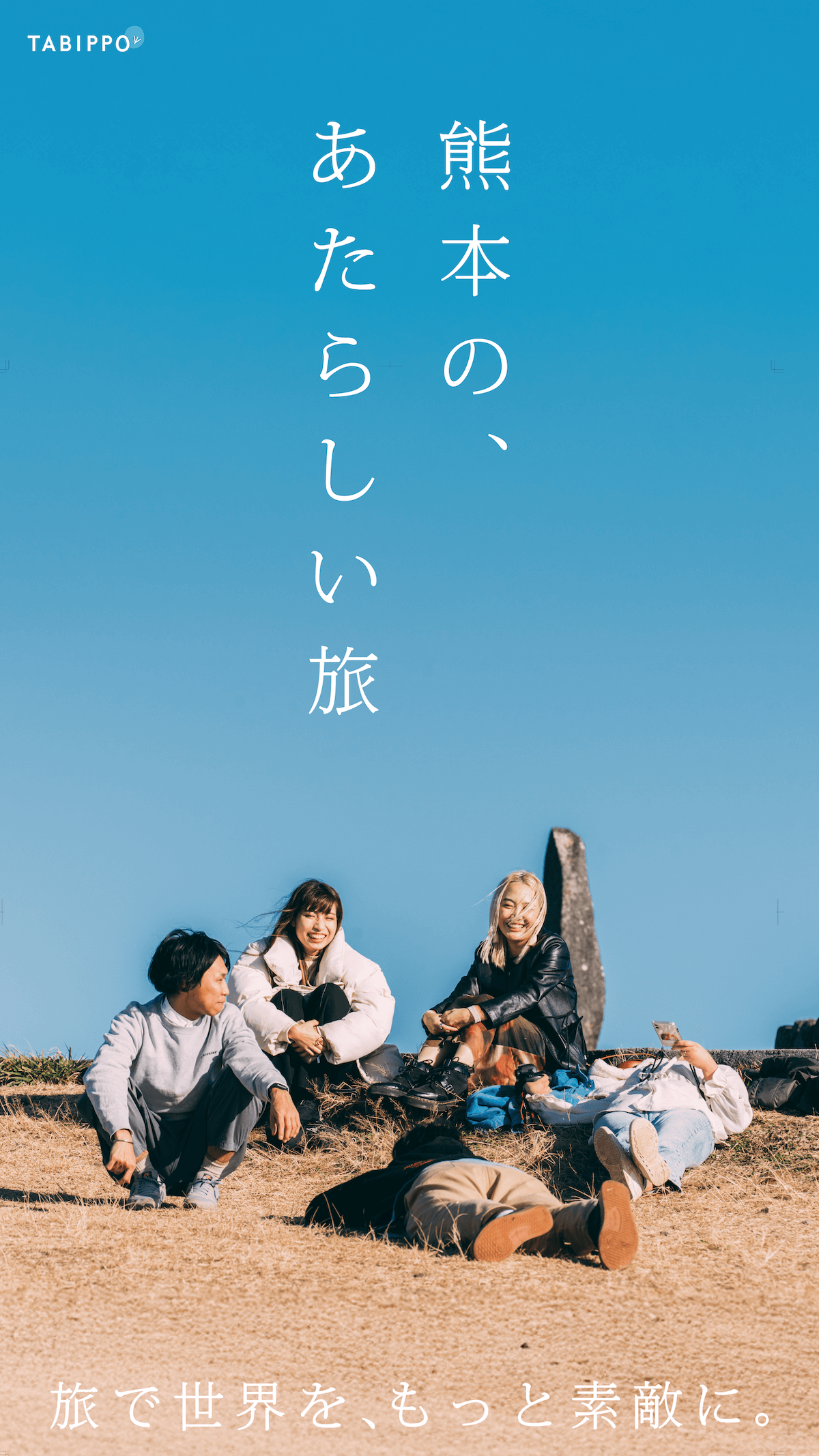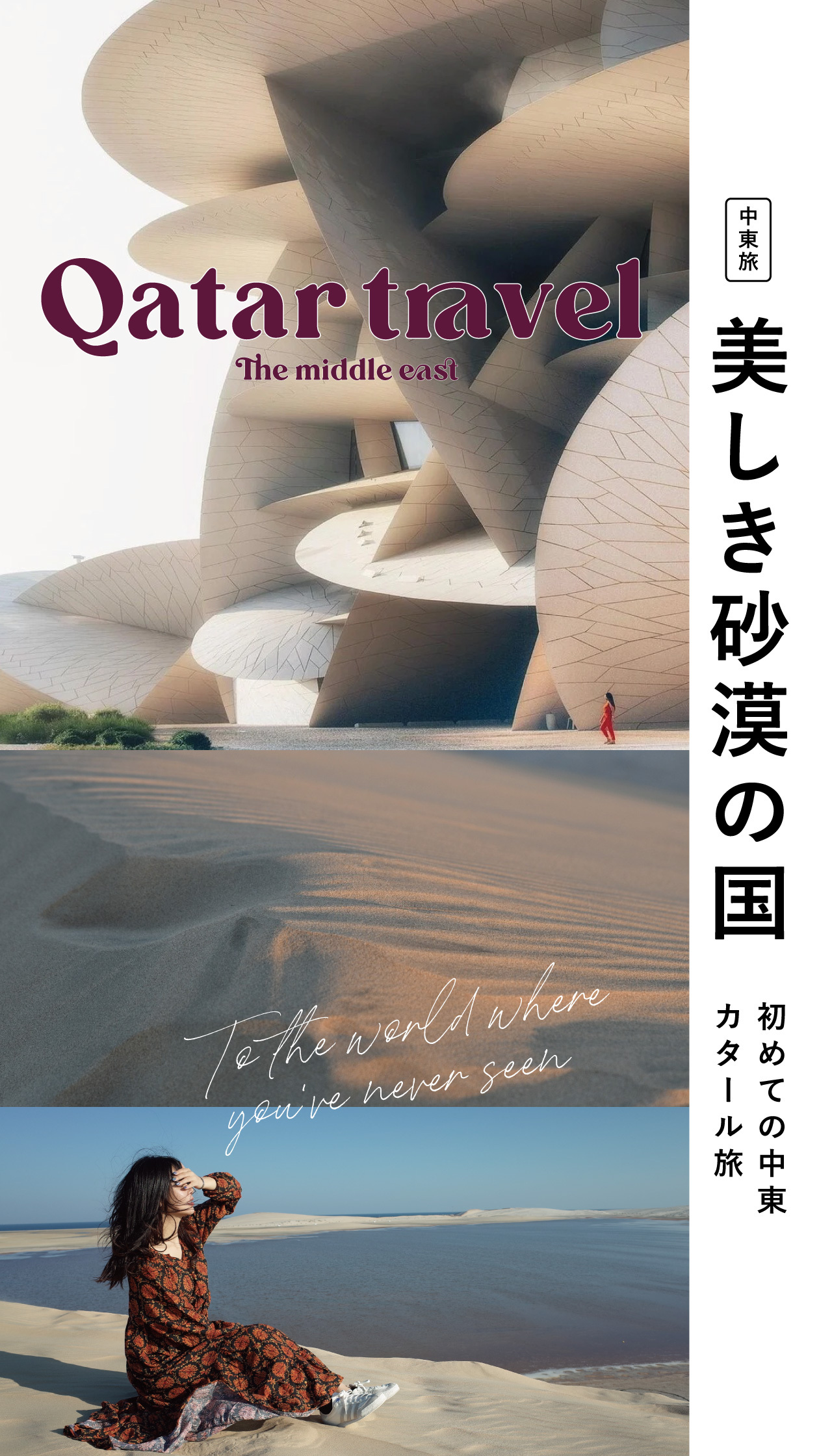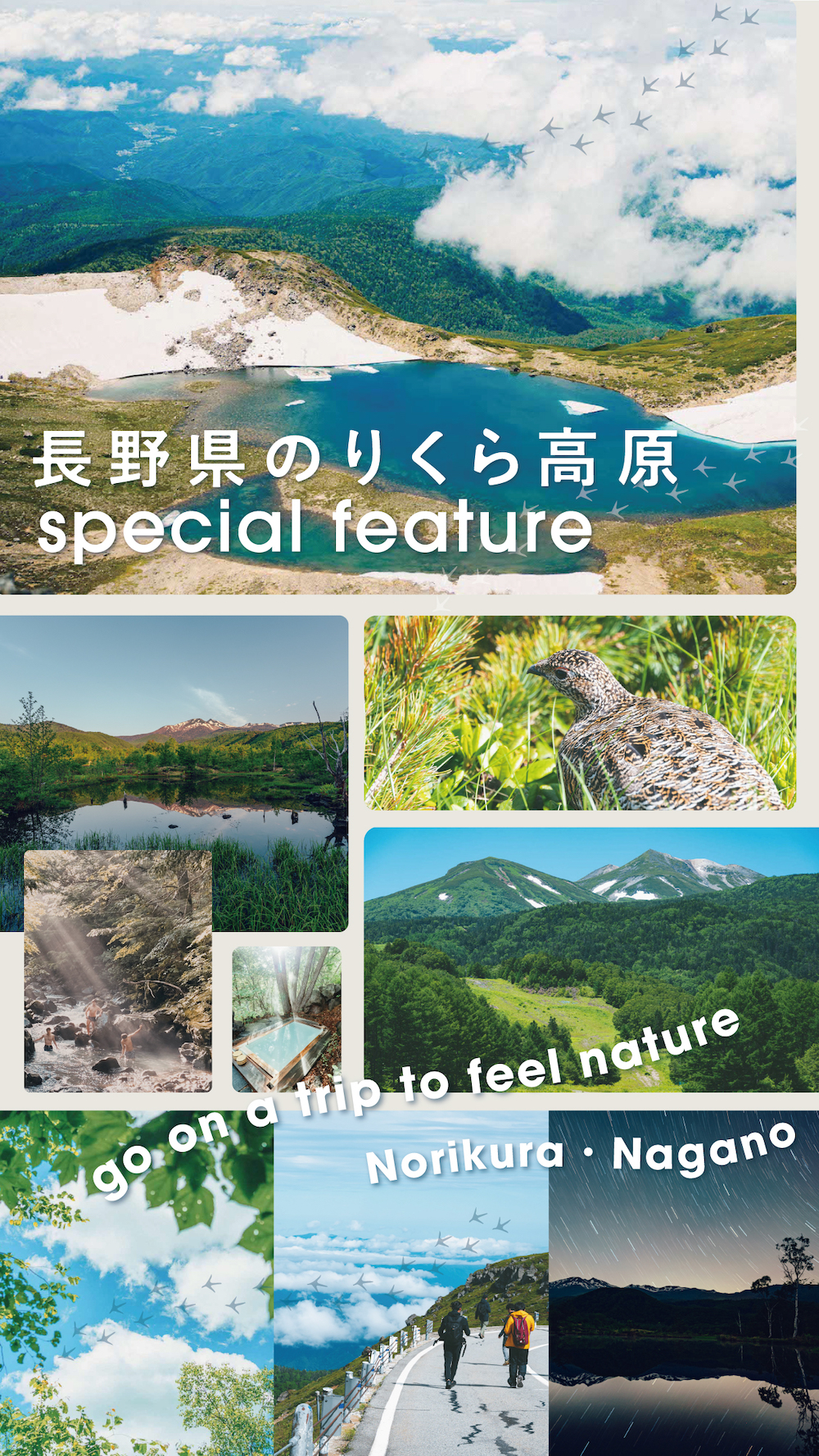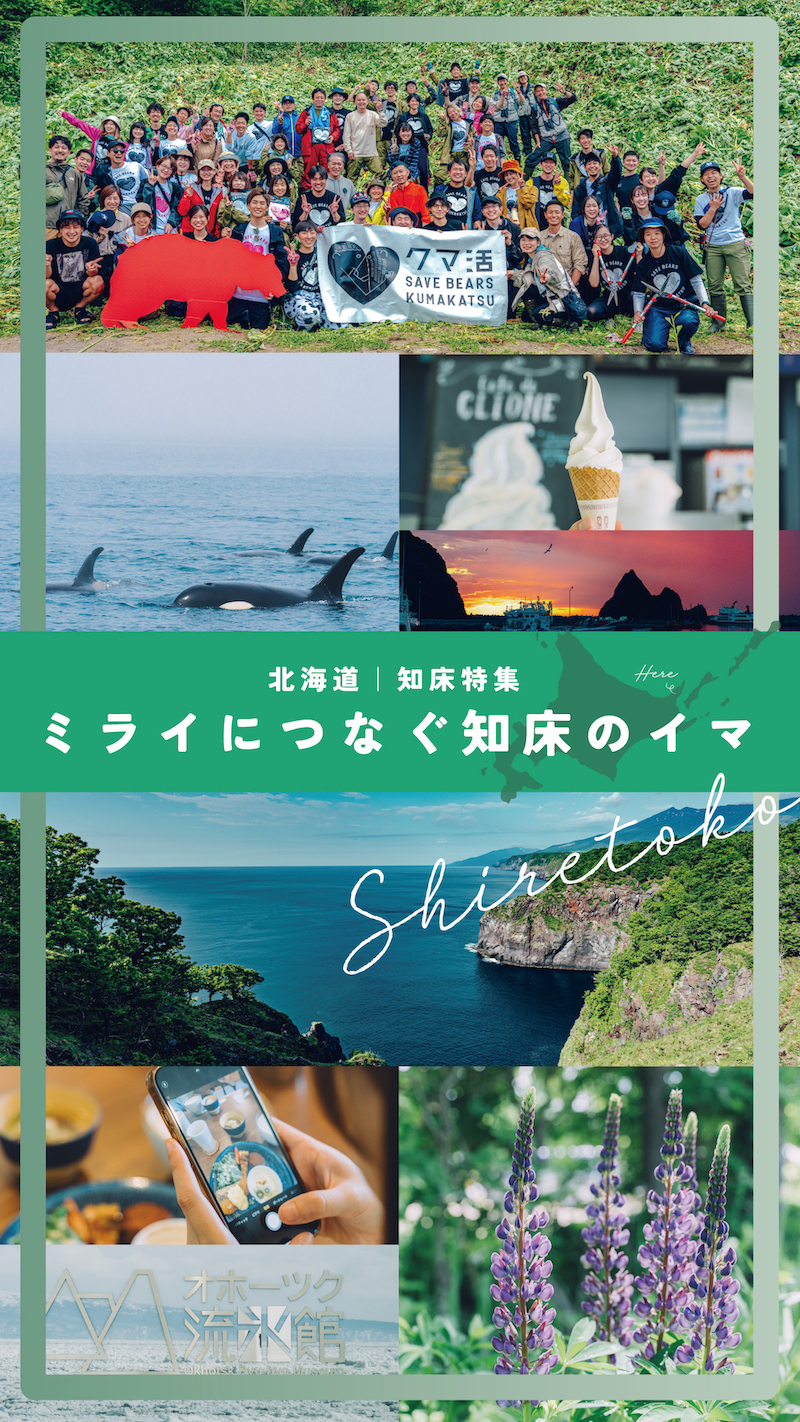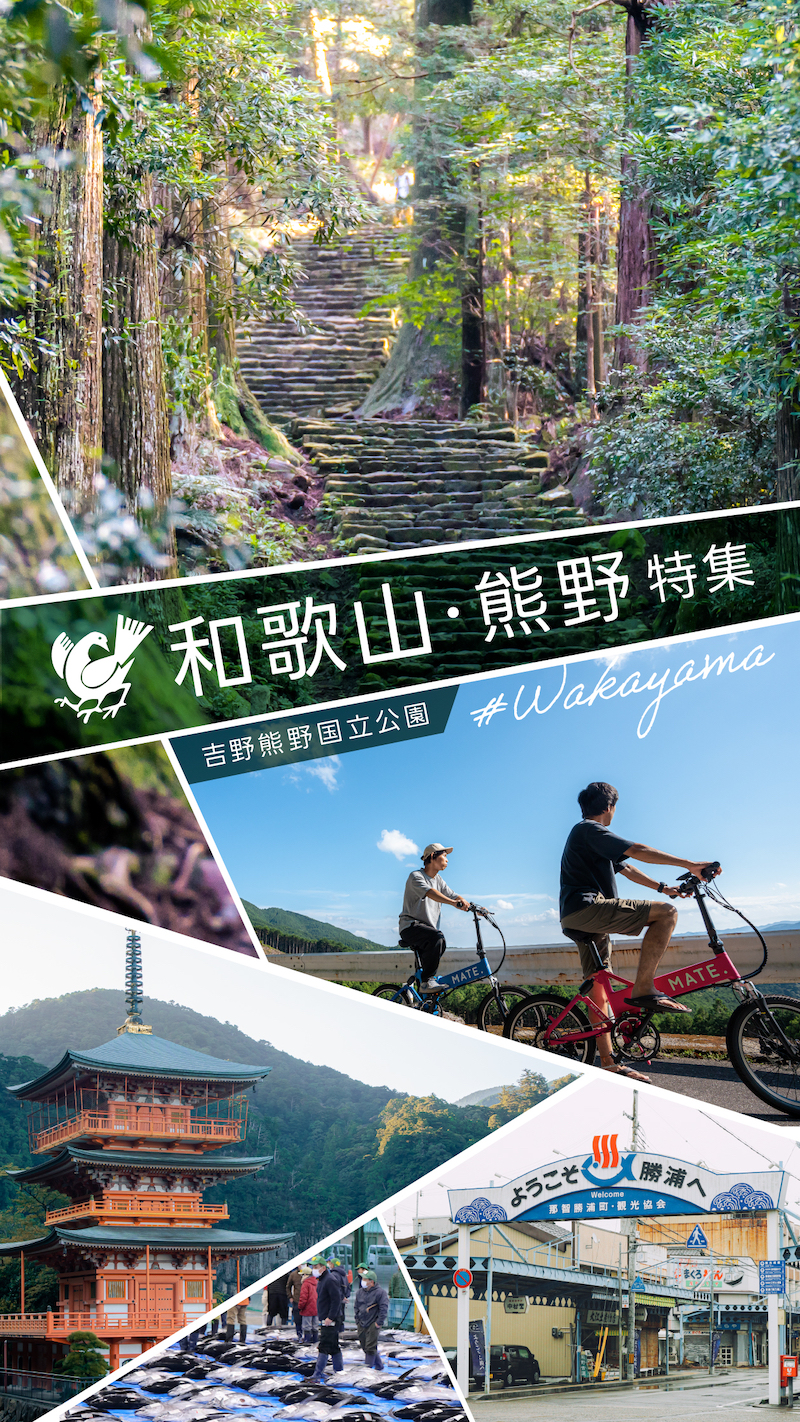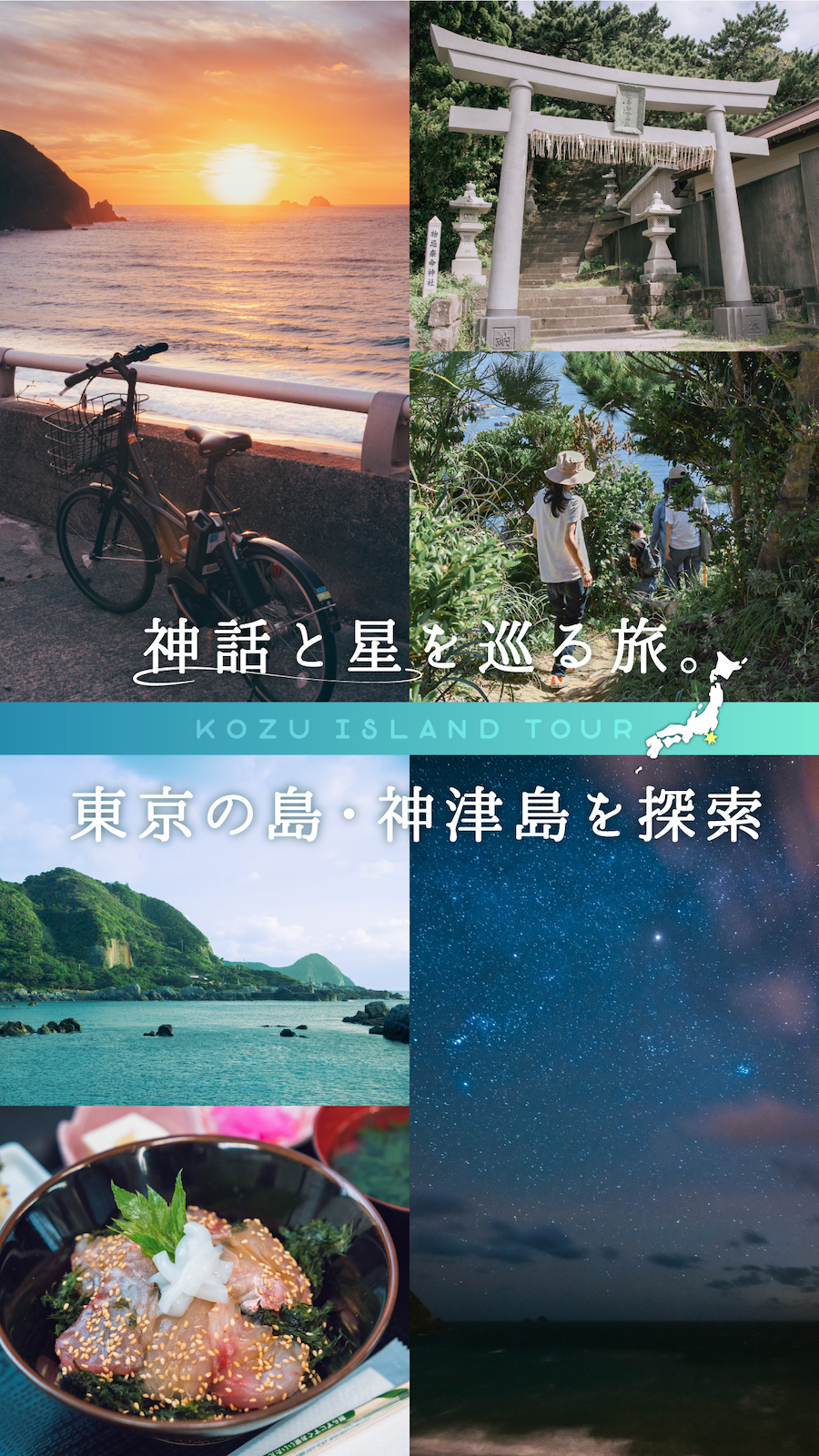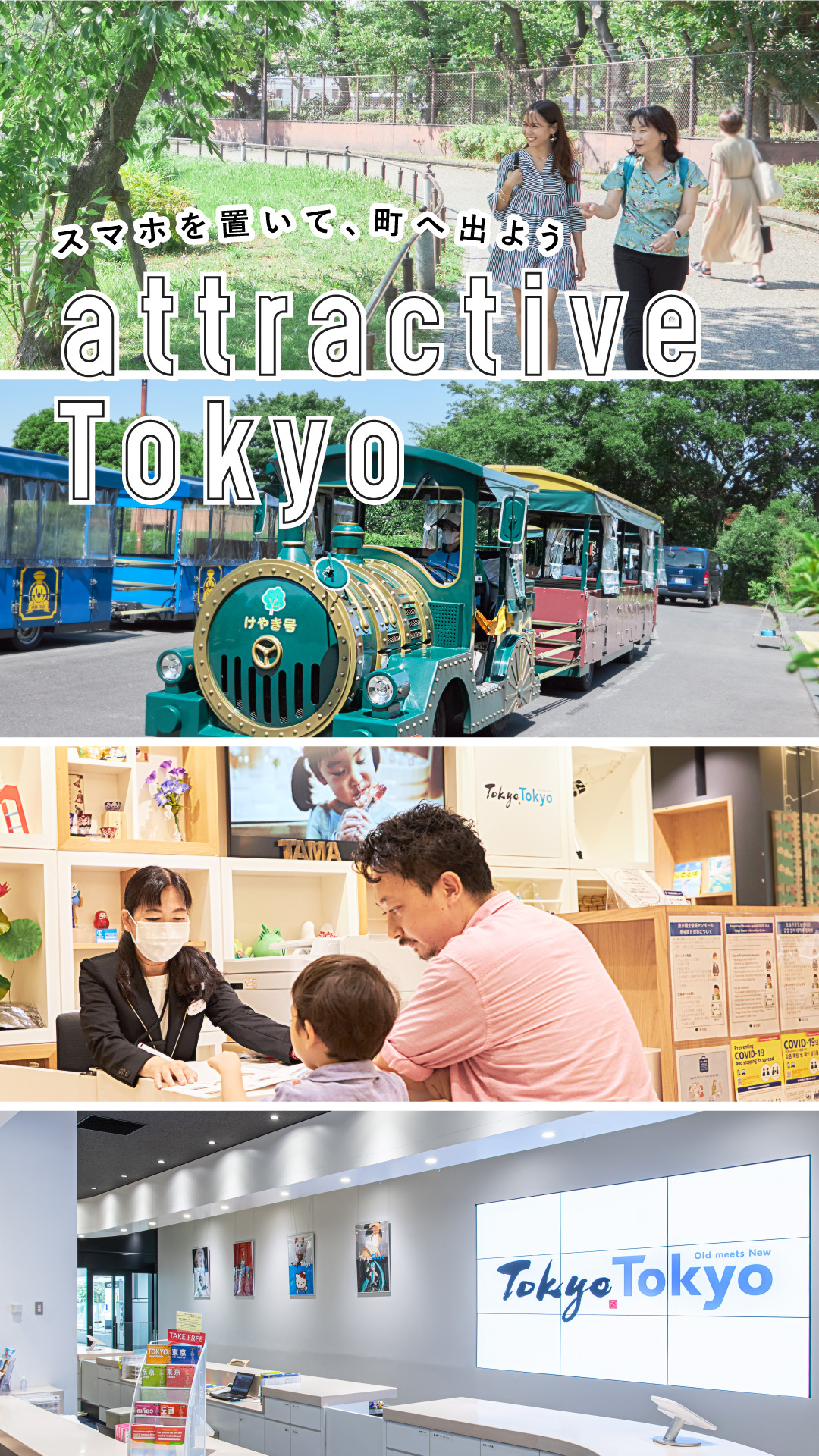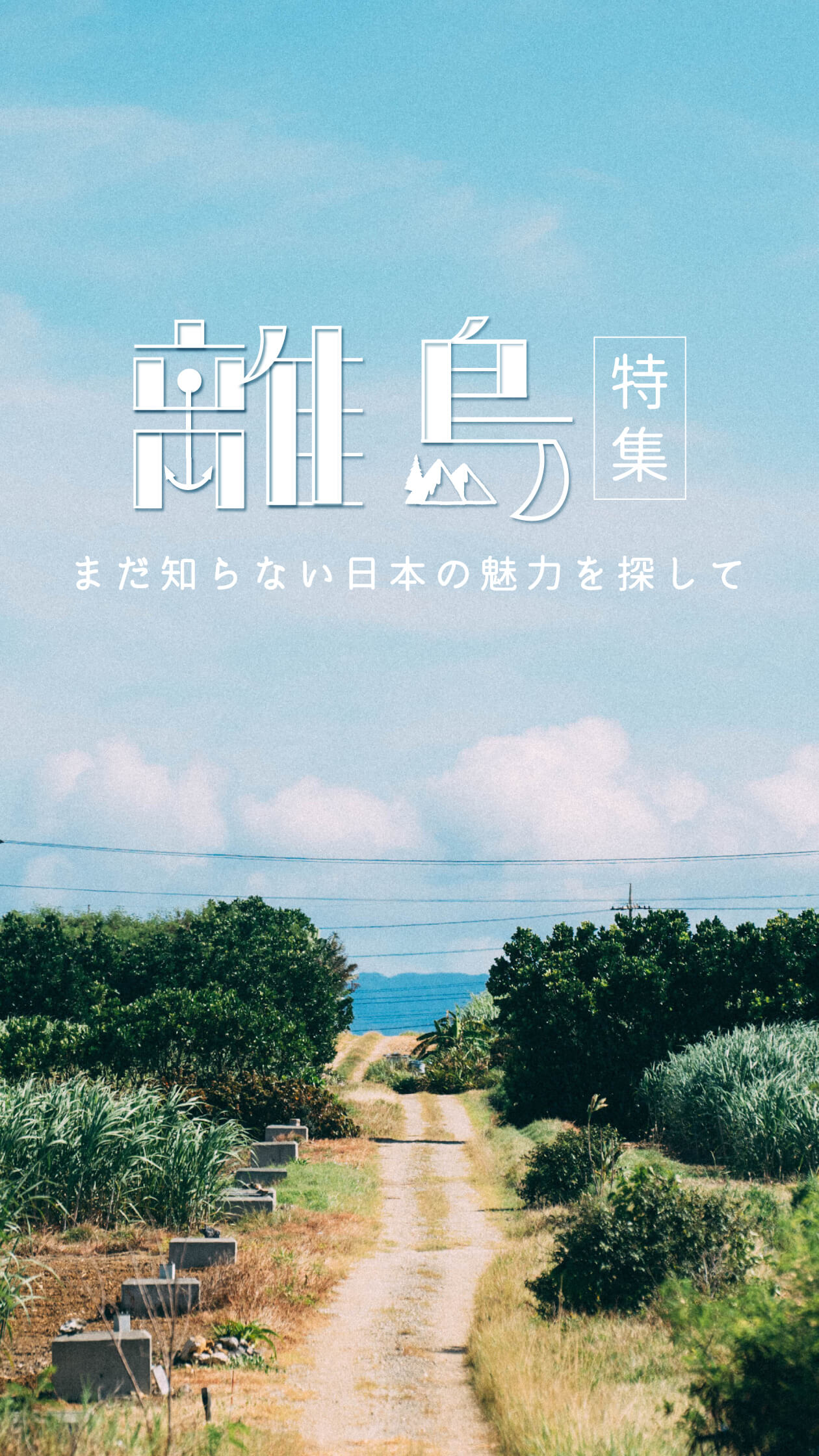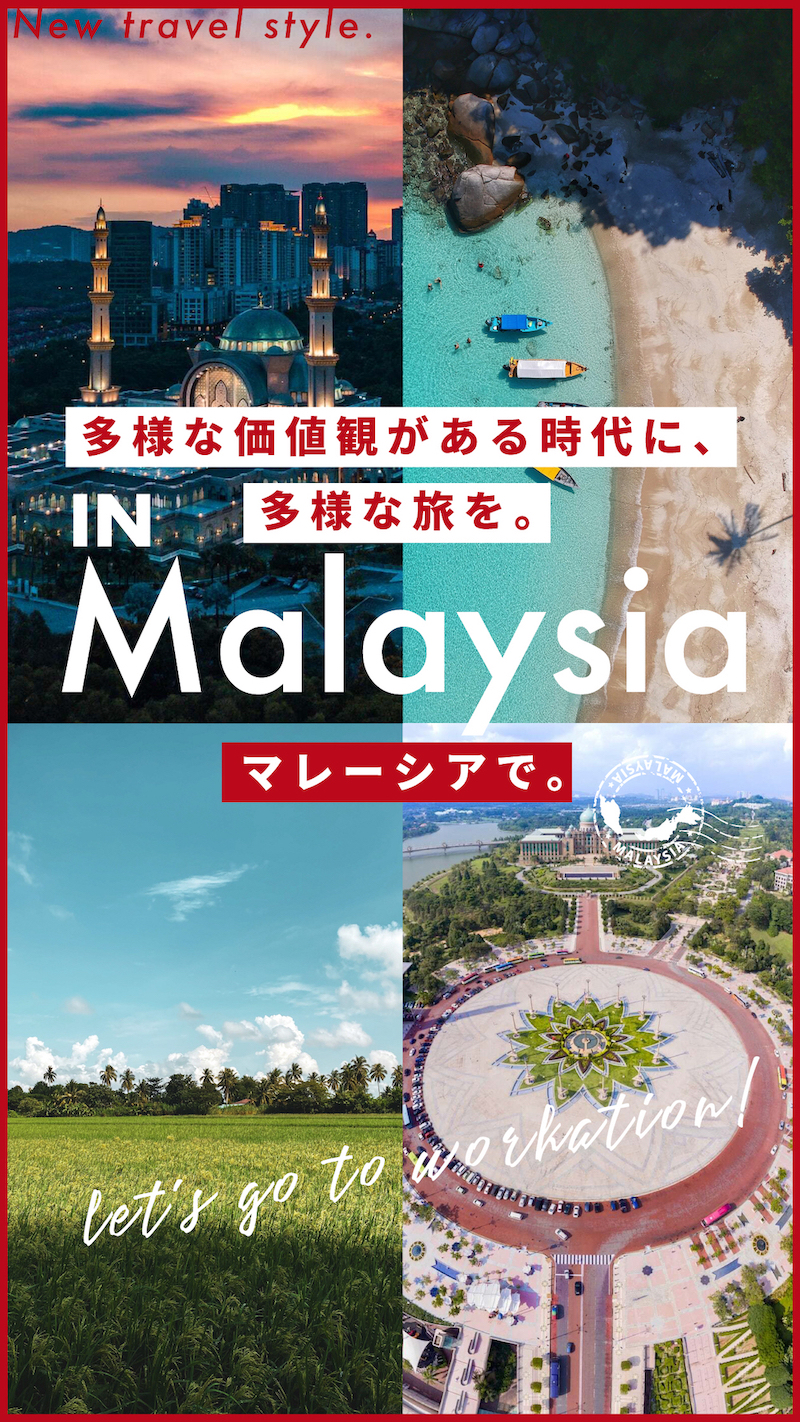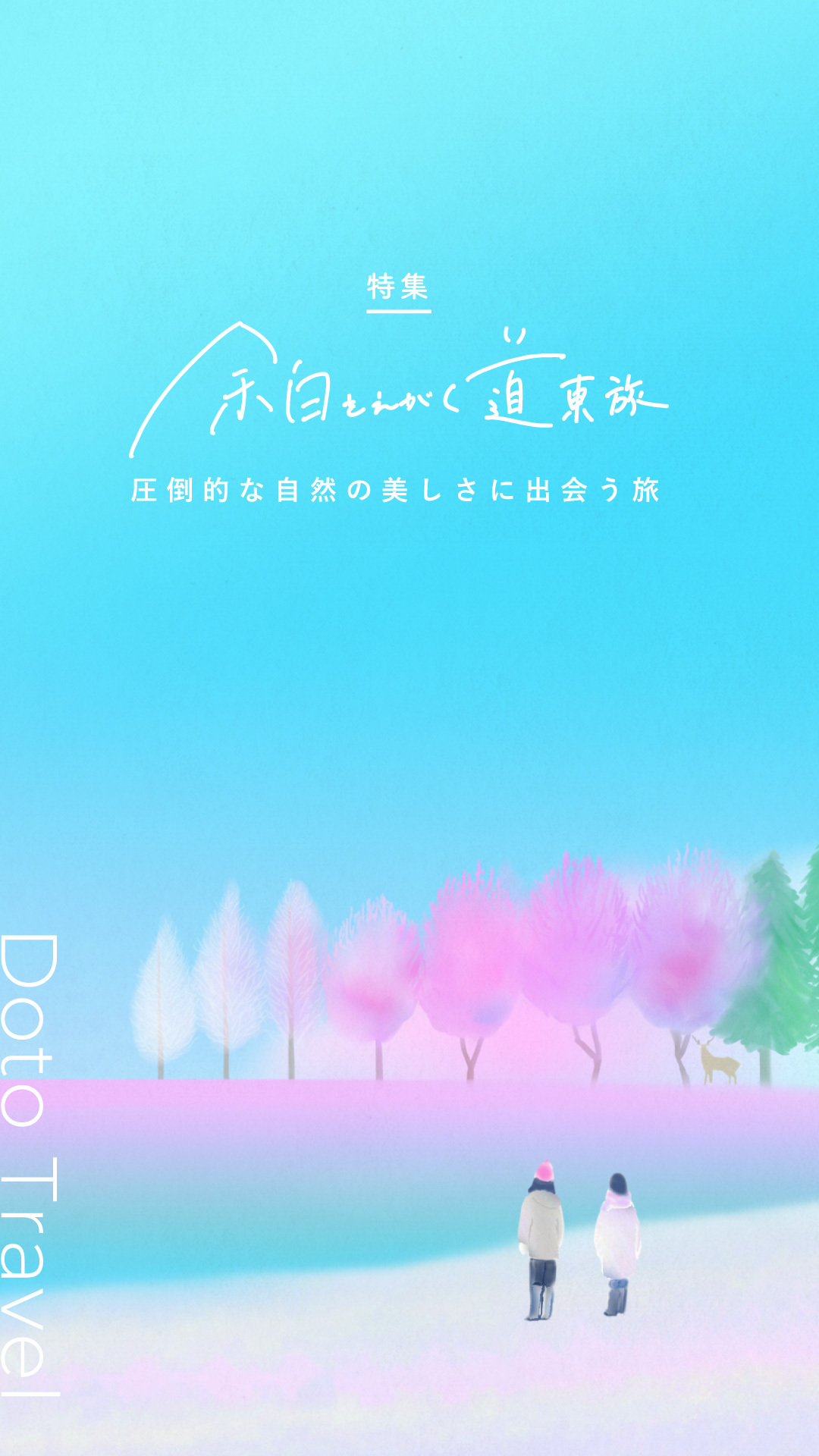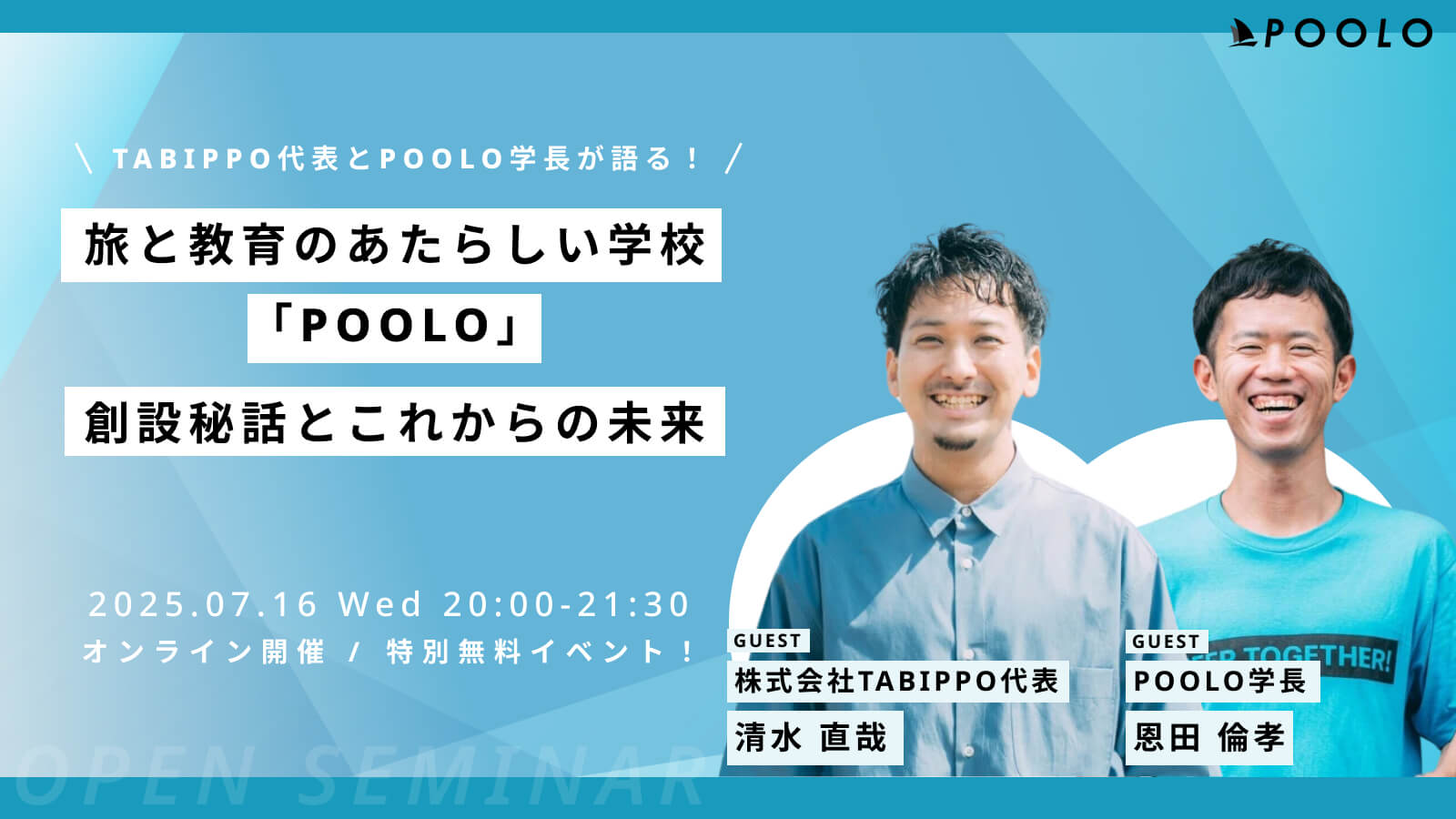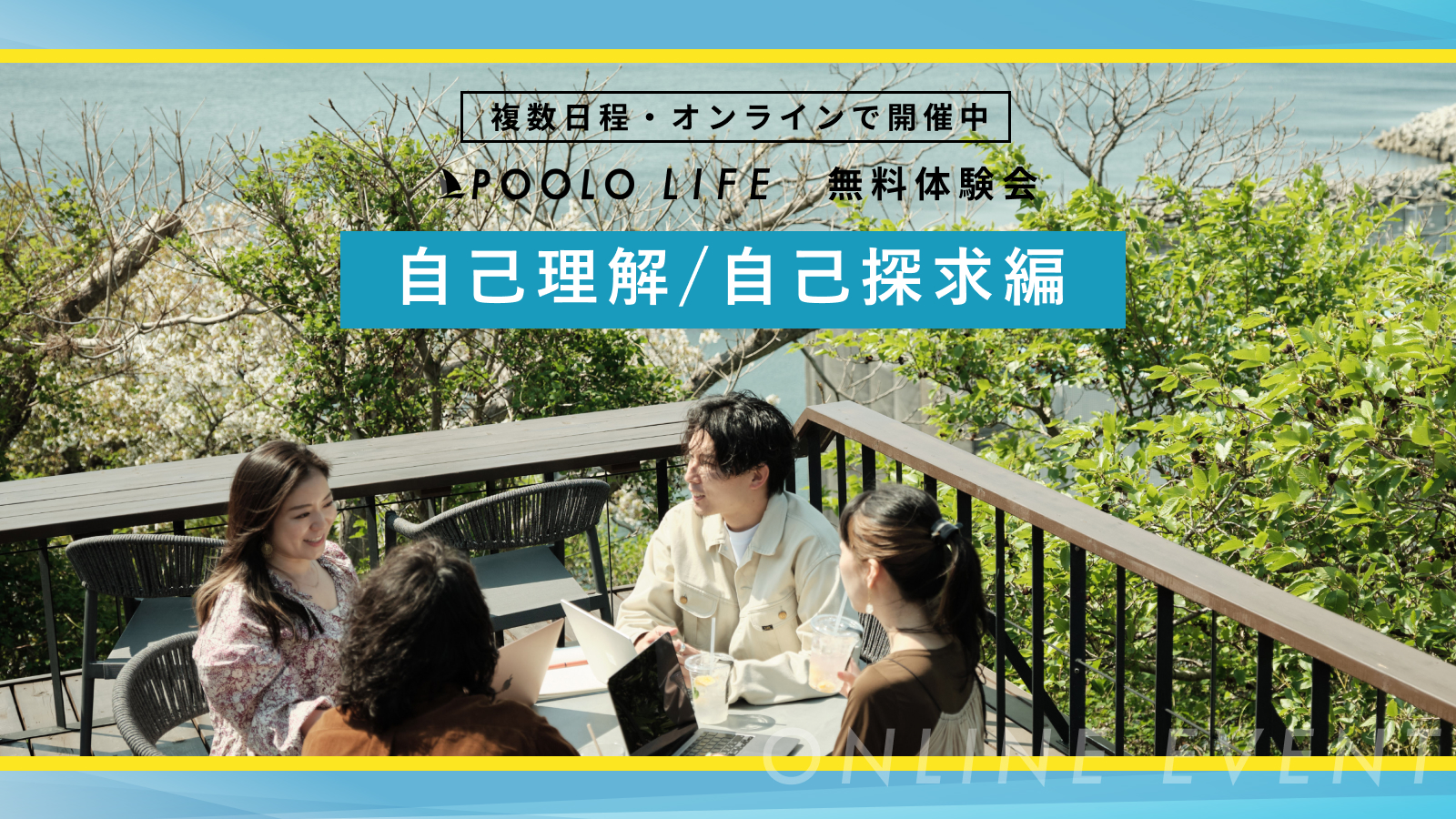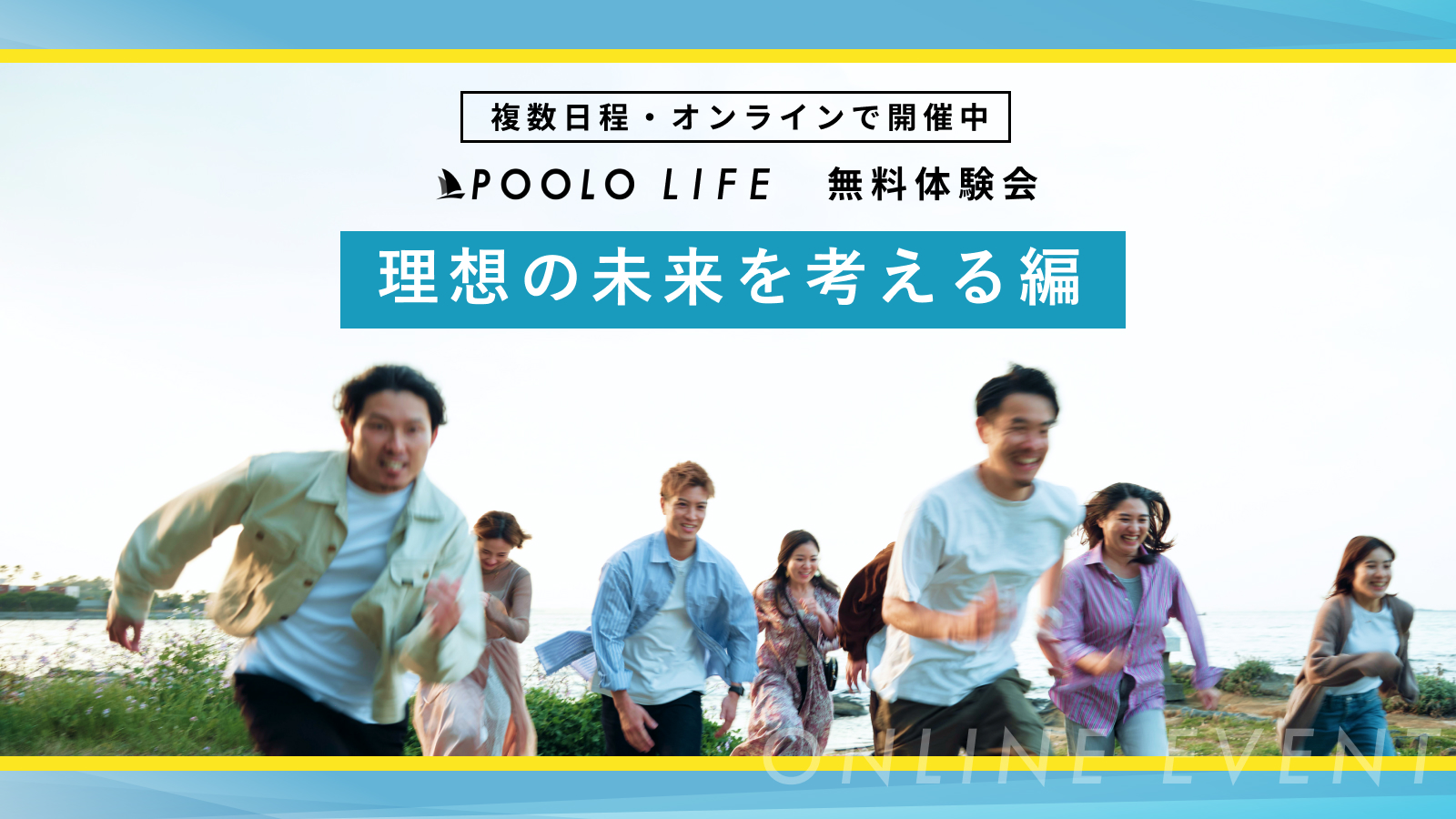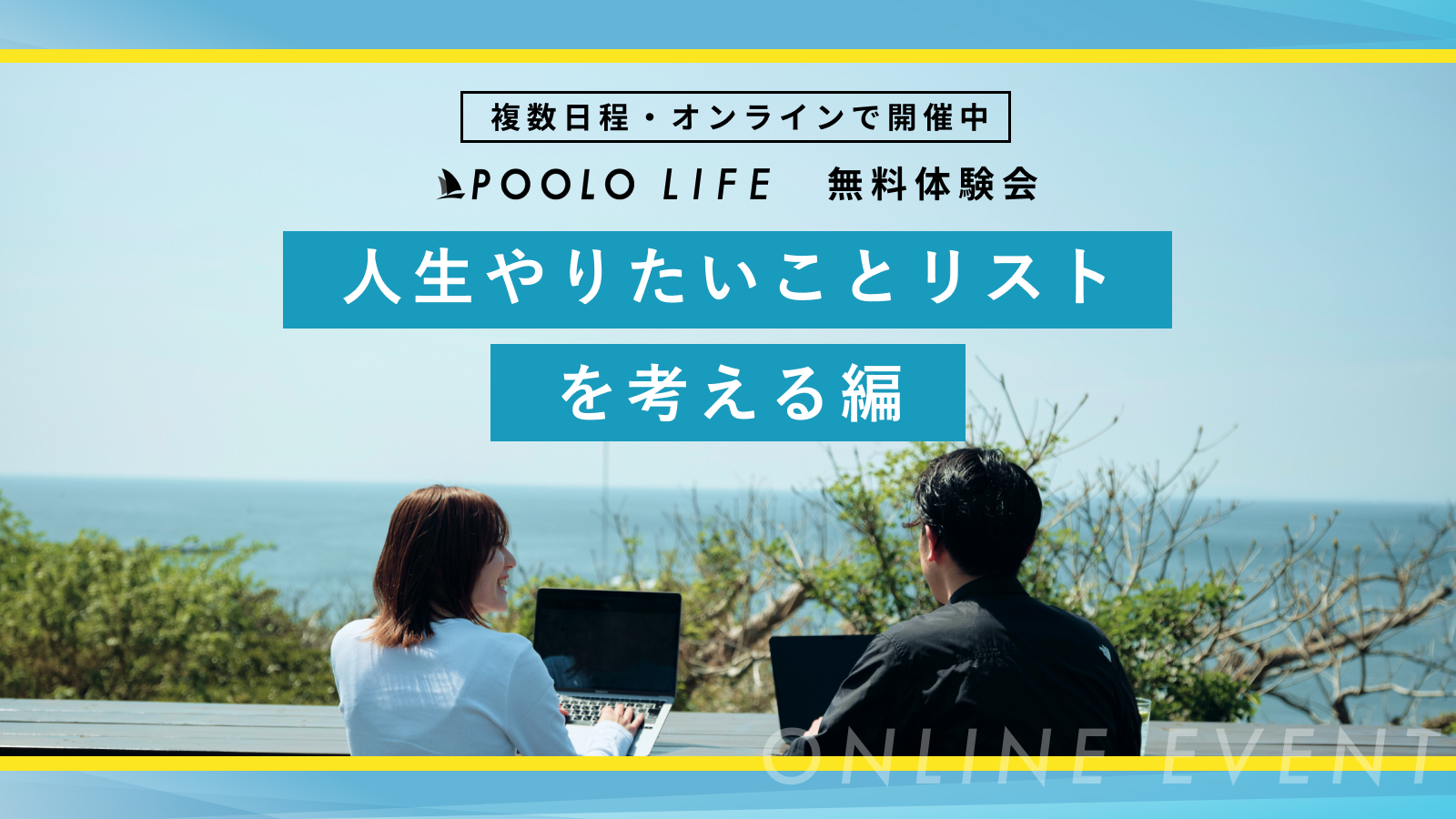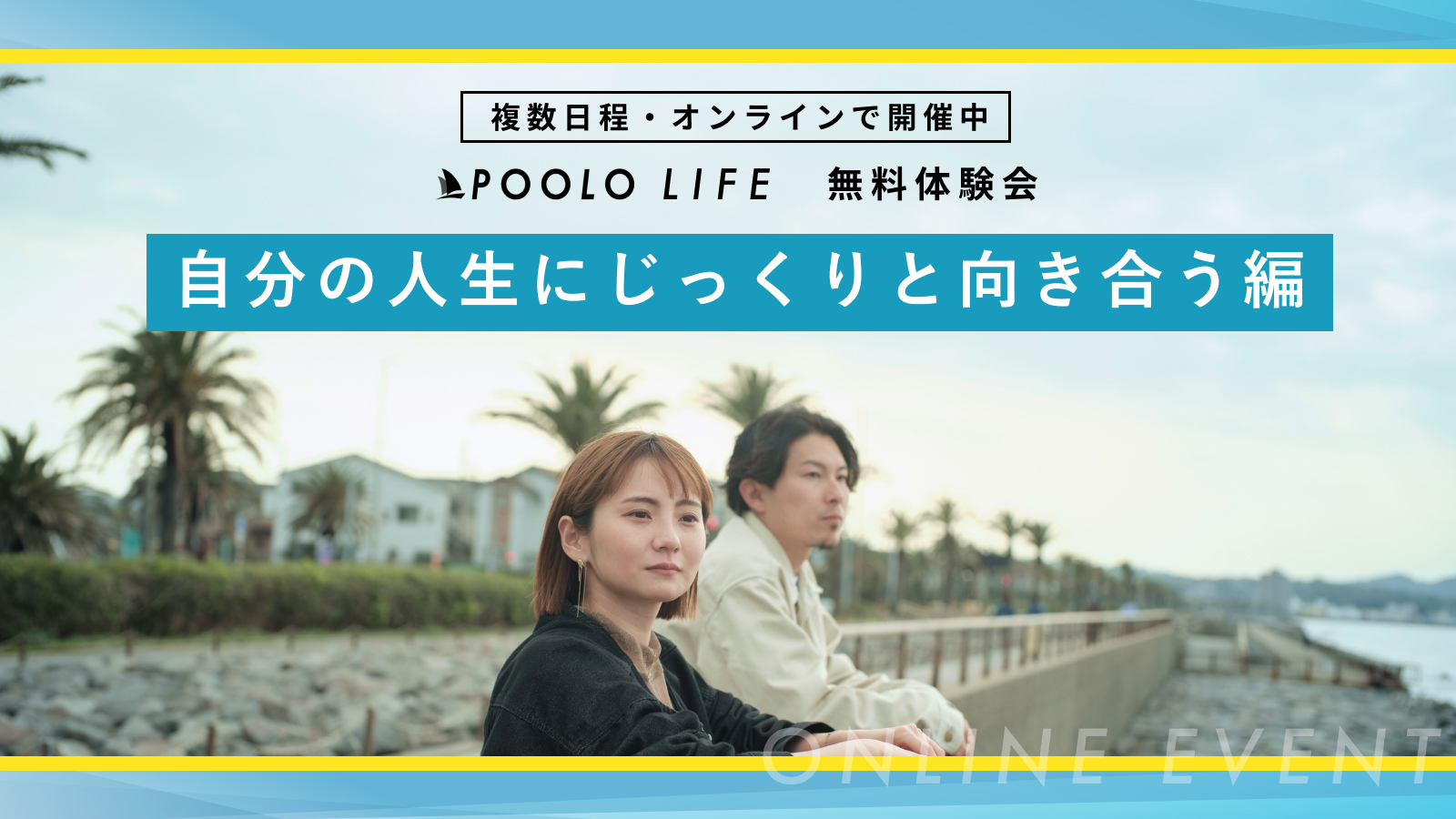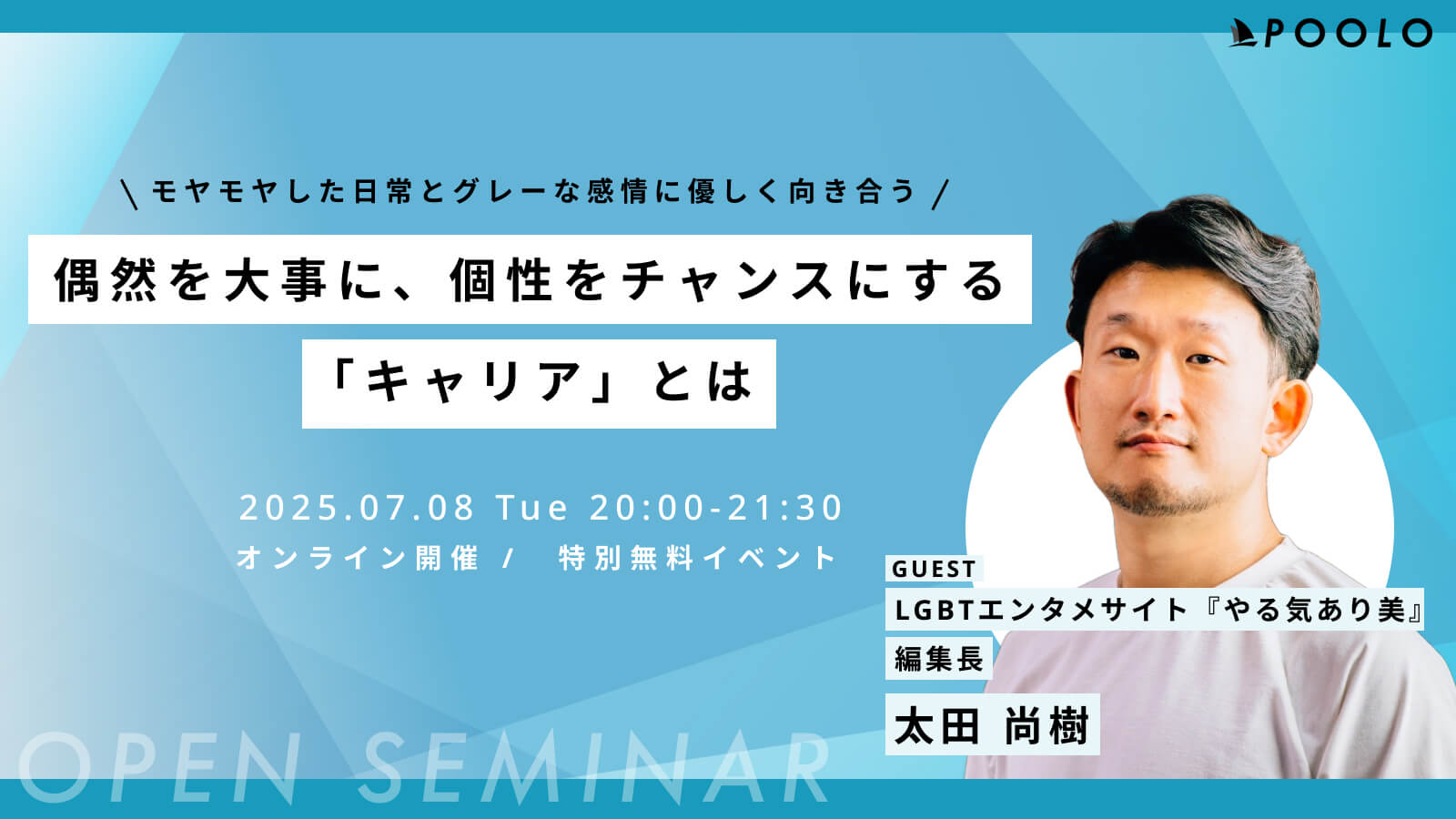Special Interview with Takeshi Kiroku by Naoya Shimizu
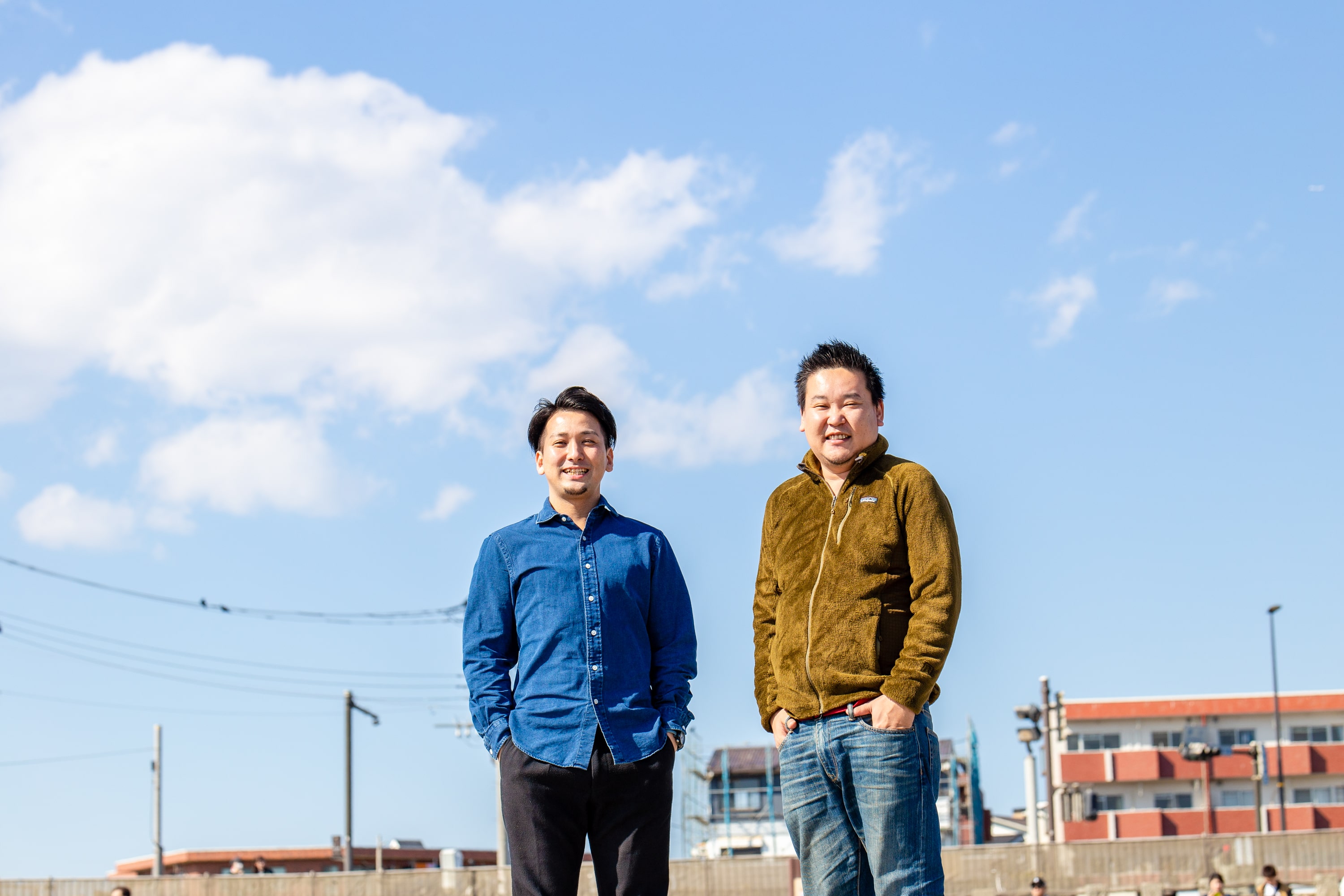
Guide Matching Service for foreign travelers
‘Huber.’
Background to doing business, new brand
ideas in the “TRAVELERS Hub”
Meeting the founder, Mr. Takeshi Kiroku, at the headquarters in
Kamakura.
Interviewer – representative of TABIPPO, Naoya Shimizu.
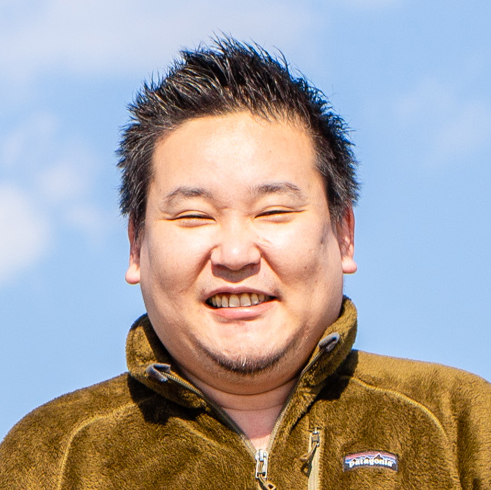
I Wanted to Create an Environment Where People Can Communicate in English in Japan
Shimizu: Two years have passed since we last met?
Kiroku: Yeah. It was a meeting where you attended as a guest for – “Hosei Global Day *” and we were on the stage together.
※Hosei Global Day – Event organized mainly by students of Hosei University. The purpose is to invite international cooperation organizations and business practitioners as a panelist to improve understanding of international cooperation, international exchange, and global business.
Shimizu: That was right. About 300 students came to listen. It was pretty much the panelists saying “Going traveling is great!”
Kiroku: Haha, that was fun.
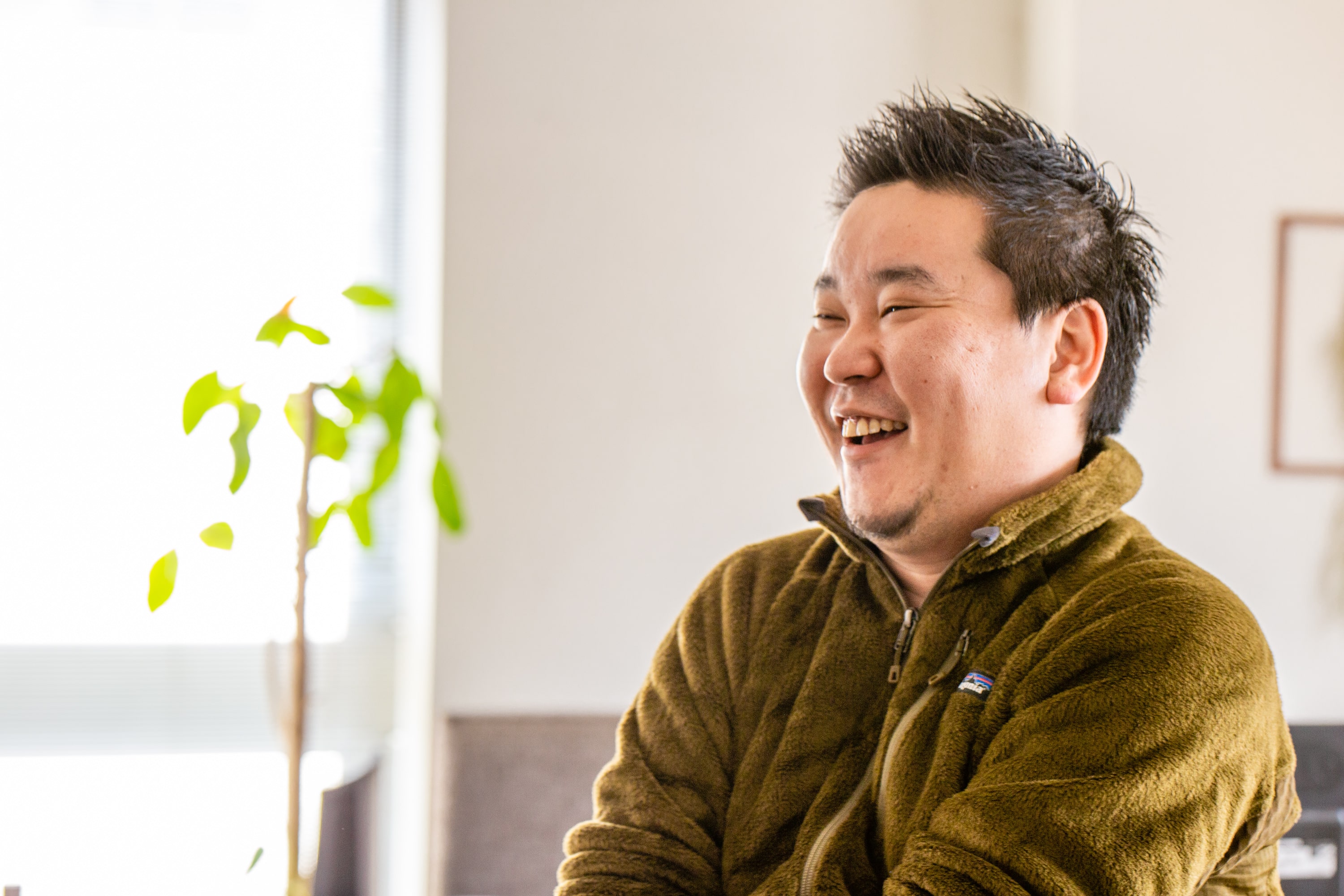
Shimizu: Since then, we went drinking from time to time. We once talked about traveling and world peace in a pub in Shimbashi.
Kiroku: We tend to talk about world peace (laughs).
Shimizu: So again, I would like you to share your thoughts in a larger framework, rather than talking about the details of the service, in the context of the traveling business.
Kiroku: Let’s talk by all means.
Shimizu: Thank you very much. First, what was the reason for establishing Huber.?
Kiroku: I had some original experiences when I was around 19 years old. I got the inspiration after reading Sawaki Kotaro’s “Midnight Express.”
Shimizu: I know what you are talking about.
Kiroku: At that time, the question was: “If you try to put yourself in a foreign environment where you cannot rely on anyone, will you be anxious, or will you be inspired, which one?” I was very excited and wanted to find it out.
Shimizu: That’s interesting (laughs)
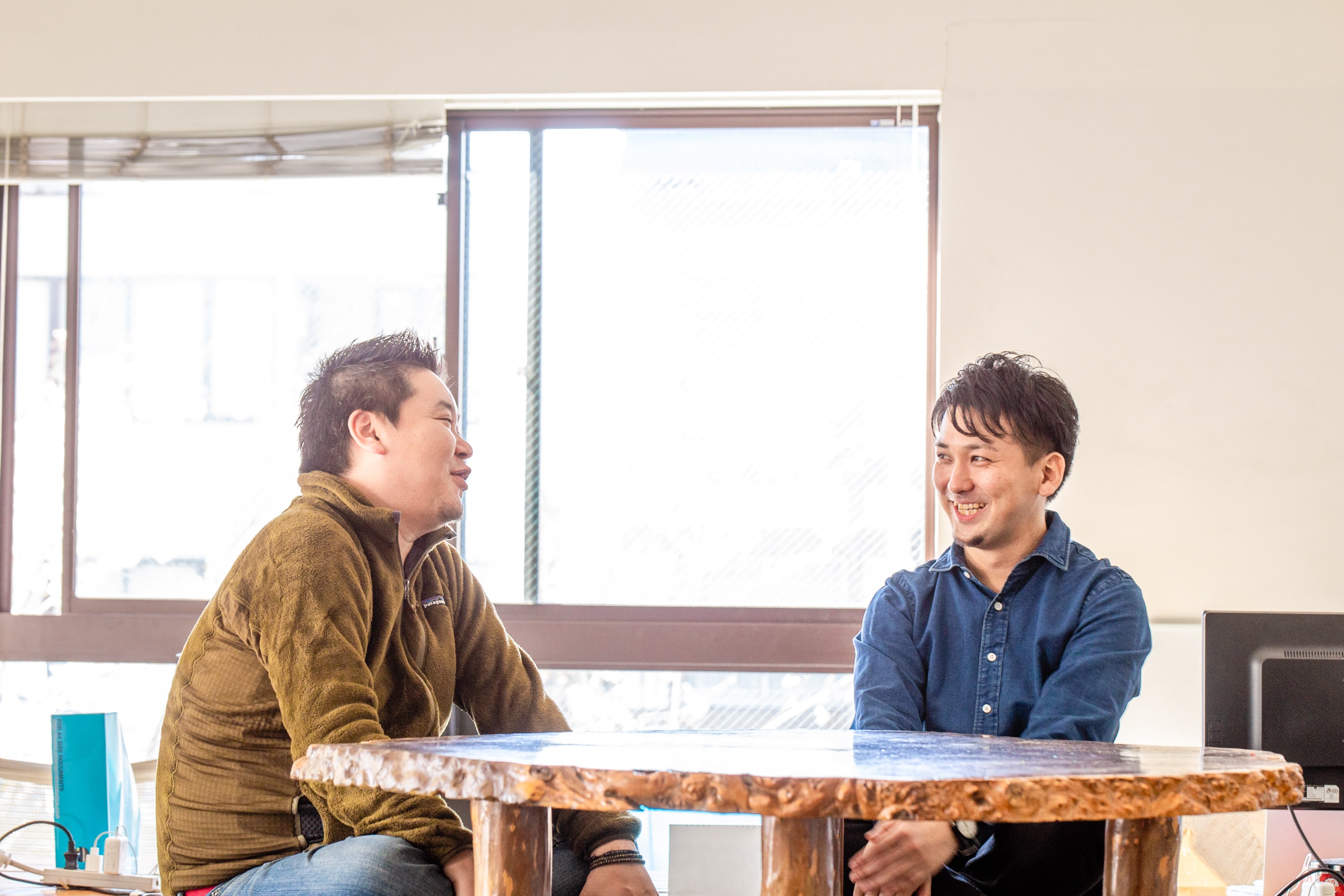
Kiroku: Inspired by Kotaro Sawaki, I bought the cheapest round-trip ticket and decided to go to Thailand for about
a month.
Shimizu: What happened after?
Kiroku: The moment I got to the airport in Thailand, I was just excited. I could not speak English at all, but I could communicate with gestures. I thought: “Where would I go if I take this long-distance bus?”. I felt adventurous, and I really enjoyed this feeling. I made a lot of friends who I still keep in touch with.
Shimizu: Were there any unforgettable experiences?
Kiroku: A Thai couple asked me: “Why are you unable to speak English? How long have you studied?” I answered: “Six years.” And they replied: “We can’t believe it. You studied for six years and still cannot speak!” (laughs). This is how I first realized my difficulty. I stayed at a lodging for about 100 yen per night, and there was a Chinese boy working there, but he was able to speak three languages.
Shimizu: Indeed, when you go abroad, there are a lot of such young people. I also had the same experience when I traveled, and I wondered why is that so?
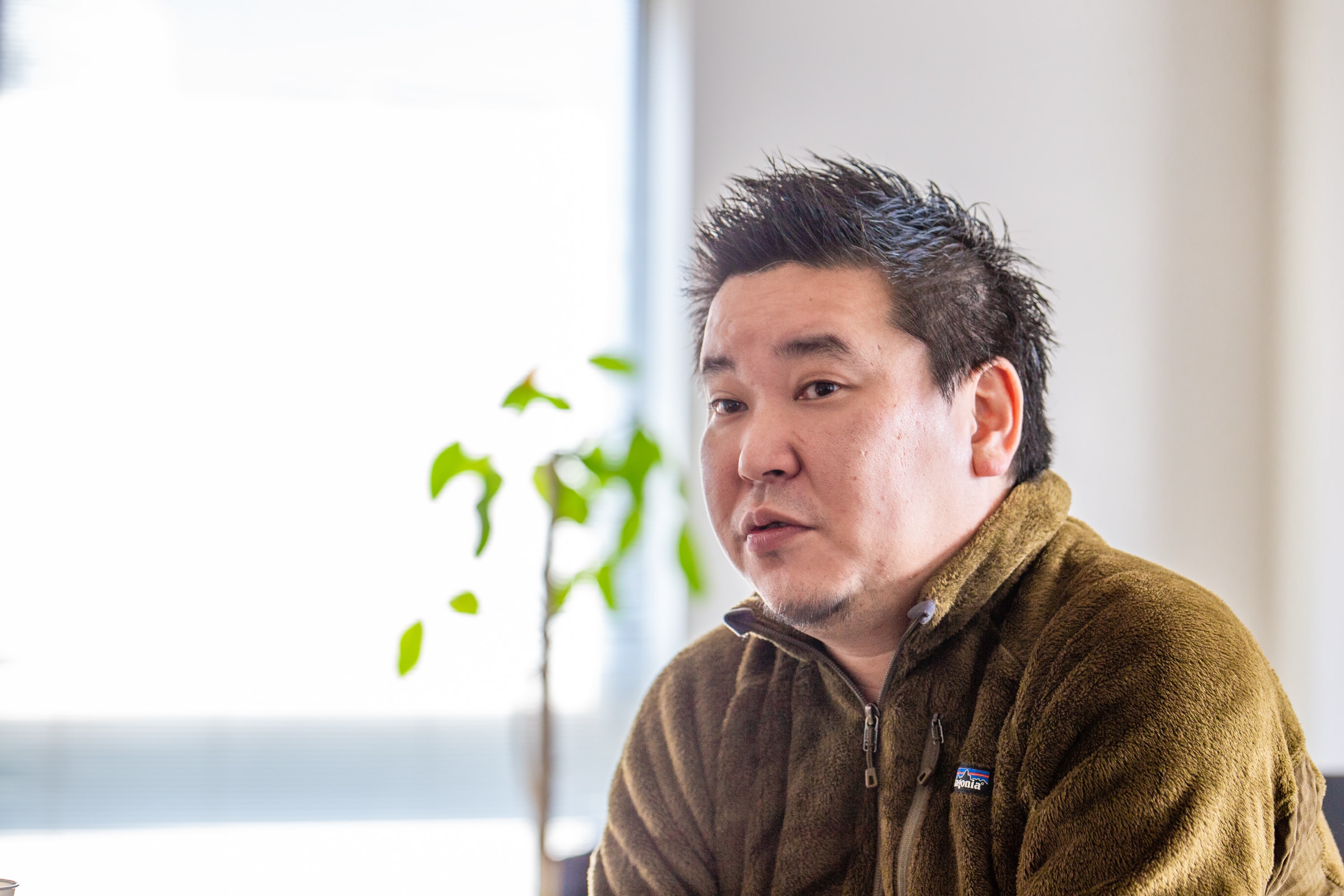
Shimizu: When was that?
Kiroku: It became popular in Japan around 2012. I was moved by Airbnb’s “Cashless First” philosophy. Even if it was a great experience, it will be awfully awkward when the payment comes at the end. After receiving a nice treatment and getting along well, just to say: “Let’s meet again!” “Thank you very much! Well, that will 30,000 yen please!”
Shimizu: That’s true (laughs)
Kiroku: At Airbnb, when the host and the guest meet, payment is over, which creates a room for the host to enjoy. So, after that, communication builds up and you get along better. There is no stress at the time of using the service. I thought “Cashless First” was a great invention.
Shimizu: That exact experience is utilized at Huber. as well.
People Who Can Enjoy the Difference in Values are the True “Global Human Resources”
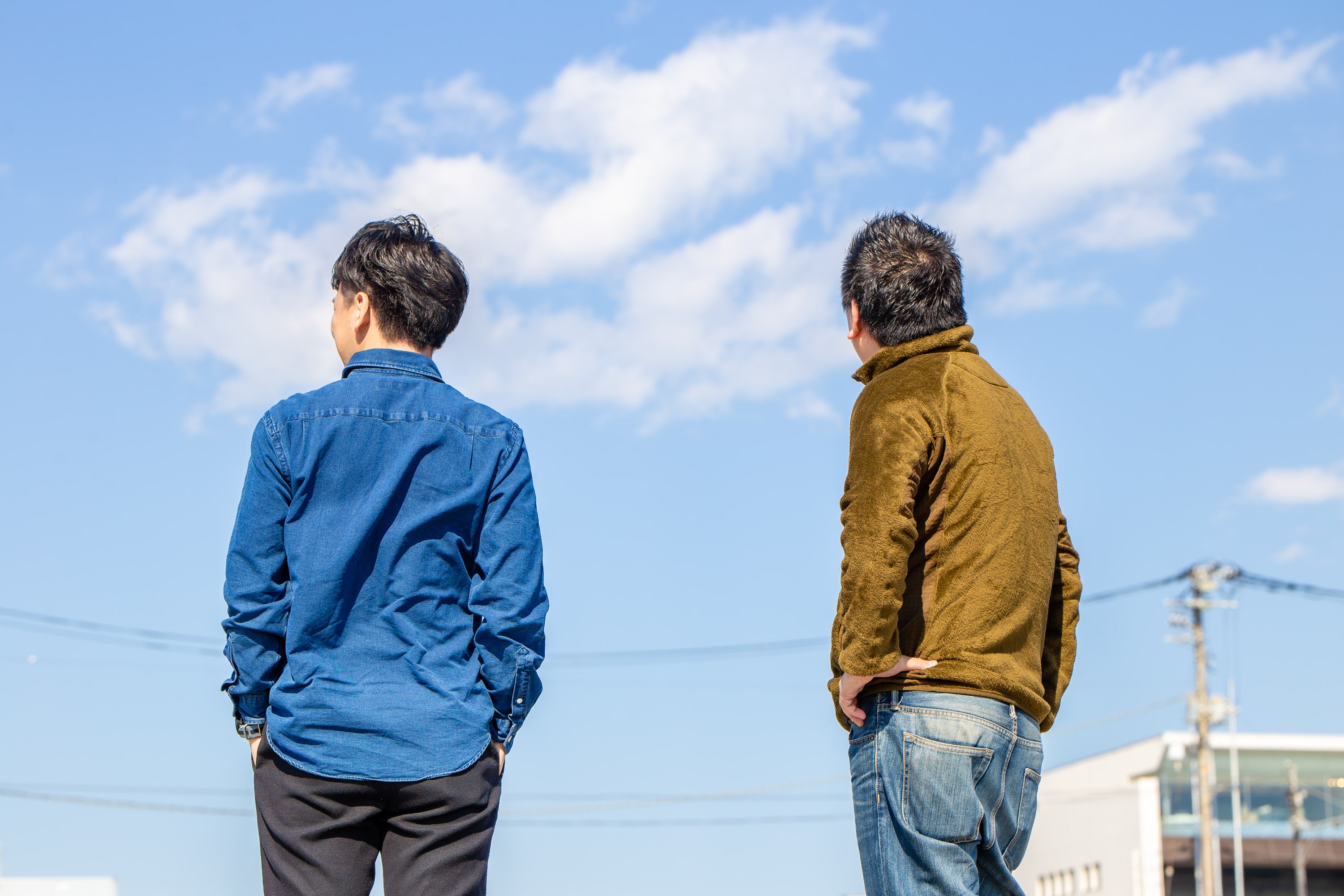
Kiroku: Shiminao (Naoya Shimizu) also ties the experience of his own trips to business, but what would you answer when someone asks you: “Why are you spreading the appeal of traveling?”
Shimizu: When I went around the world at the age of 21, I thought that “the experience of traveling was really good”. So, I wanted to share it with people who were close to me. First, we started with such a simple idea.
Kiroku: When you started, were you aware of social contribution or something like that?
Shimizu: No, I wasn’t. I believed that if people from all over the world traveled more, society would get better. And I thought of it seriously from that time.
Since the rate of Japanese people who acquired international passports was low and there were not many foreign tourists at that time, I thought that Japan would become a better country if it could increase the opportunities to travel and communicate with people abroad. I’ve always imagined that, and I’m still doing my business in this field.
Kiroku: During trips, you can get along well with the local people.
Shimizu: Yeah. If you get along well, the borders might disappear.
Kiroku: That’s true. When I’m travelling, I meet many people with different values and realize that black and white for me is not black and white for the other party. But just because the values are different does not mean that the relationships between people get worse. Recognizing the differences in values and enjoying these differences help people to become friends. It is essential indeed and I thought it is common everywhere around the world.
Shimizu: I completely understand you (laughs).
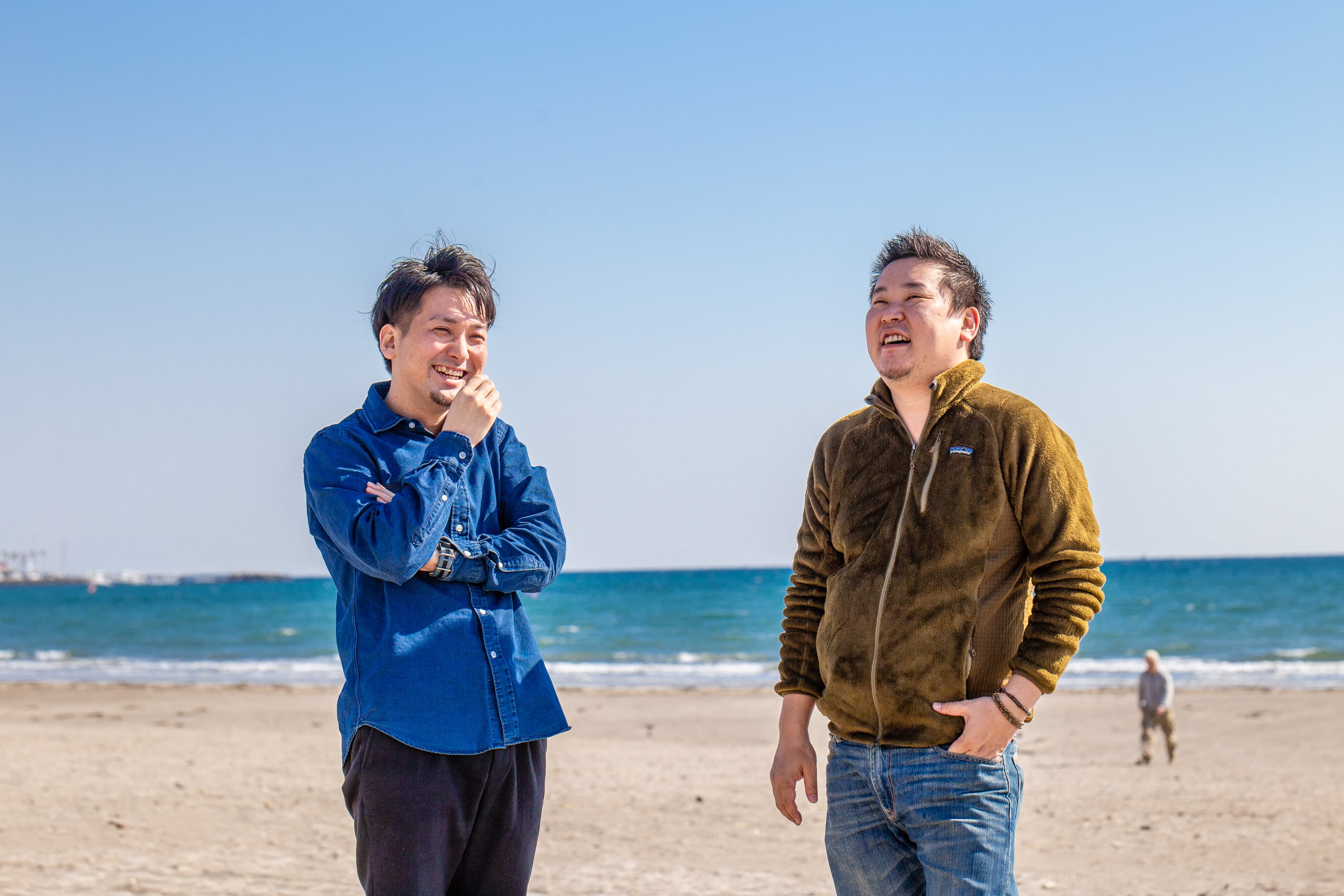
Kiroku: I think that people who can accept diversity and enjoy the difference in values are truly “global human resources.”
Shimizu: Yeah!
Kiroku: If the number of such people increases, eventually the borders will disappear.
Shimizu: That’s true! The 21st Century Global Human Resources Development Program “POOLO” announced by TABIPPO the other day is linked to that as well.
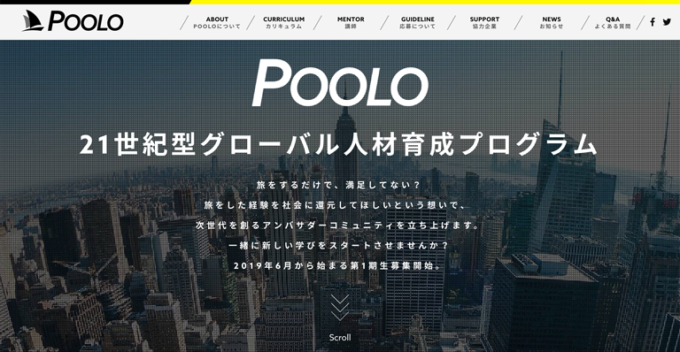
Kiroku: What do you think of POOLO?
Shimizu: In today’s world, the way you work and your values are diverse. I think that perceptions like “I have to do it” and “I should have it” are gone.
Kiroku: That’s right.
Shimizu: The world is becoming more and more open, and people are becoming more casual. It’s a part of the globalization process. In such conditions, we created “POOLO” with the idea that it will be good if we could cultivate the talented people who do their own work by using the most of the experience of traveling.
We in Japan usually say: “Let’s become a global human resource!”. But I feel that the definition “global human
resources” should be emphasized.
Kiroku: Emphasized?
Shimizu: It is natural to say “global human resource” about a person who can speak English, obtained an MBA overseas, works in a foreign company, or something like that.
Kiroku: Yes. If you work in Japan, you’re not really a global talent.
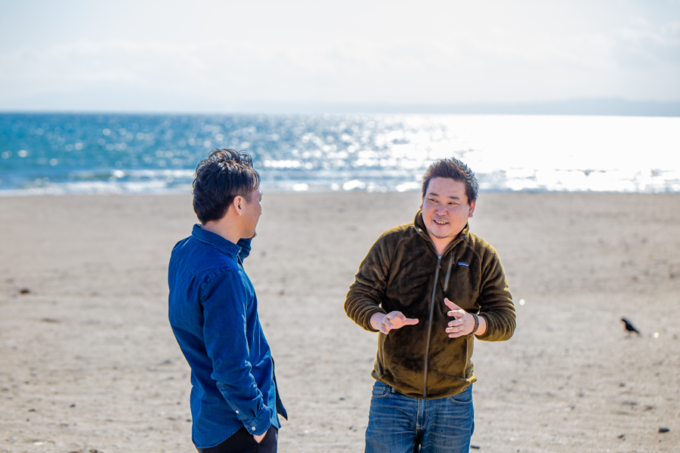
Shimizu: That’s right. But I think this is not essential at all. I think that Mr. Kiroku, who is working in Kamakura, is an extremely good global human resource.
Even if you cannot necessarily speak English, you are active in regional creation by making use of your travel experience. And you started a company with the intention to improve the world and society. Such people are “global human resources” to me.
Kiroku: That’s right.
Shimizu: Therefore, it is POOLO that offers a one-year learning program to foster such human resources by calling various lecturers from the outside.
Kiroku: That’s a great initiative!
Behind People’s Imperfections there is a “Treasure”
Shimizu: Also, I love Kiroku’s ‘gift story’. When we drink together, you talk a lot about it.
Kiroku: Oh, that story.I think that every person in this world has a “gift”. You can say that this gift is individuality.
People have various personalities, and are free to choose any place to work. In Huber. we created an environment where people use their skills and personality to be successful in the company which helps them to become perfect at their work. This is also very interesting.
Shimizu: Yeah.
Kiroku: I think that the person is empowered and does his/her best because he/she plays an active part in the company life. This helps the person to reach excellent results and never stop in the future. That’s extremely nice to observe. What you could think of a disadvantage at first, I consider to be a gift of talent.
For example, I am super-obsessed.
Shimizu: Is that so? (Laughs)
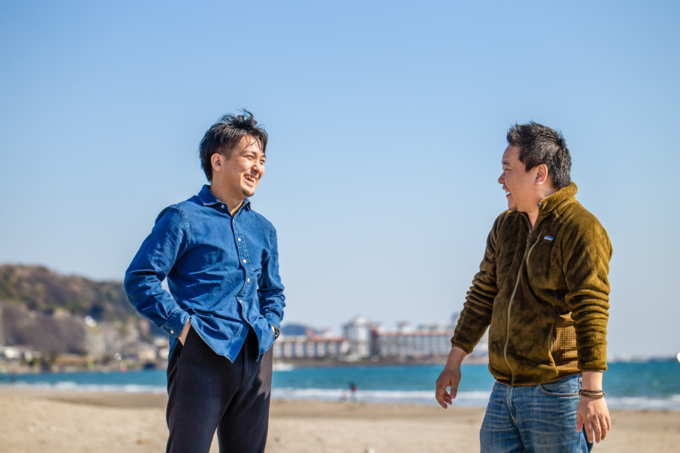
Kiroku: Once, I forgot my card key from the office and couldn’t get in (laughs). There are a lot of such small occasions in my life. But to get over it, I came to think of how to get in the building without the key.
That gave me a unique skill of “hacking”. “If you put a card here, it will open,” or if you try reaching from the other side, you will learn various ways of how to get inside.
Shimizu: I see.
Kiroku: As we often encounter disappointing situations, our ability to take decisions at that moment also becomes stronger. Thus, you can reach a balance. Although I have an awkward character, I still have the ability to make up for it and balance special skills to live in society.
So, even if someone says: “He’s no good,” there is a huge treasure behind imperfections. Being in the top management brings me a lot of joy because I am able to enlighten myself and coordinate or design the company in a proper business way.
Shimizu: I really understand. After all it is a good story ~.
Kiroku: I think that the job of a tour guide in Huber. is very nice job indeed. And you will often hear a lot of great words from many people at this job like: “Your plan is very nice!” or “I cannot experience this at another tours.” Isn’t it encouraging? You will be able to take a step forward with your own heart.
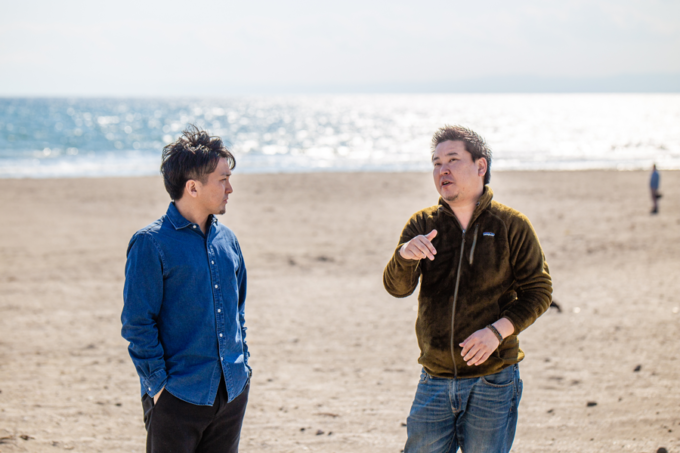
Through Huber, you will have an excellent opportunity to jump out into the world while everyone is in Japan.
Shimizu: It is the best way of thinking.
The Reason for Creating a New Brand and Renewing the Logo
Shimizu: I heard that Huber’s brand name and logo are going to be renewed.
Kiroku: That’s right. Right from today (April 3rd, 2019 from the interview day)!
Shimizu: Timely! What kind of background are you planning to introduce?
Kiroku: At Huber., we provide a guide matching service “Huber” That connects Japanese people and foreign travelers who want to interact with each other. Also, we are developing exchange-type tourist information centers with guide & concierge functions – “WANDER COMPASS”.
To connect these businesses seamlessly and meet the needs of foreign tourists, we have created a new unified brand called TRAVELERS Hub Huber. To follow this new concept, the name and logo of the online guide matching service have been renewed in this way.

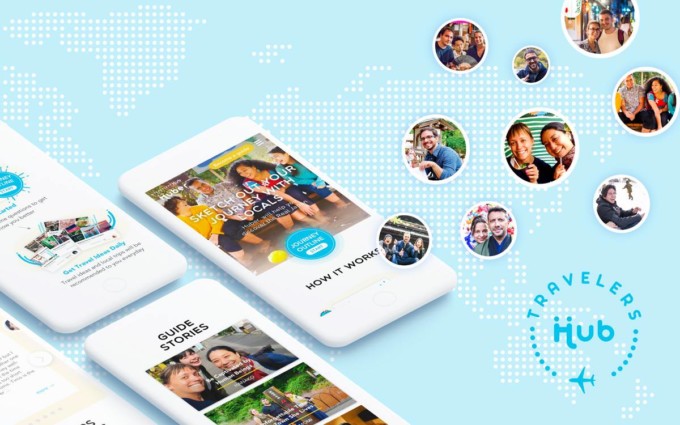

Shimizu: Oh ~, it’s a nice design!
Kiroku: We included the word “Huber” Which means that there is not only a service that connects many people, but we also want to become a hub as a platform.
Shimizu: I see.
Kiroku: When I thought that I would like to introduce the nuances to the logo, the designer’s team thought of it hard. The letter H represents two people shaking hands and pulling a suitcase.
Shimizu: Soft fonts are good too.
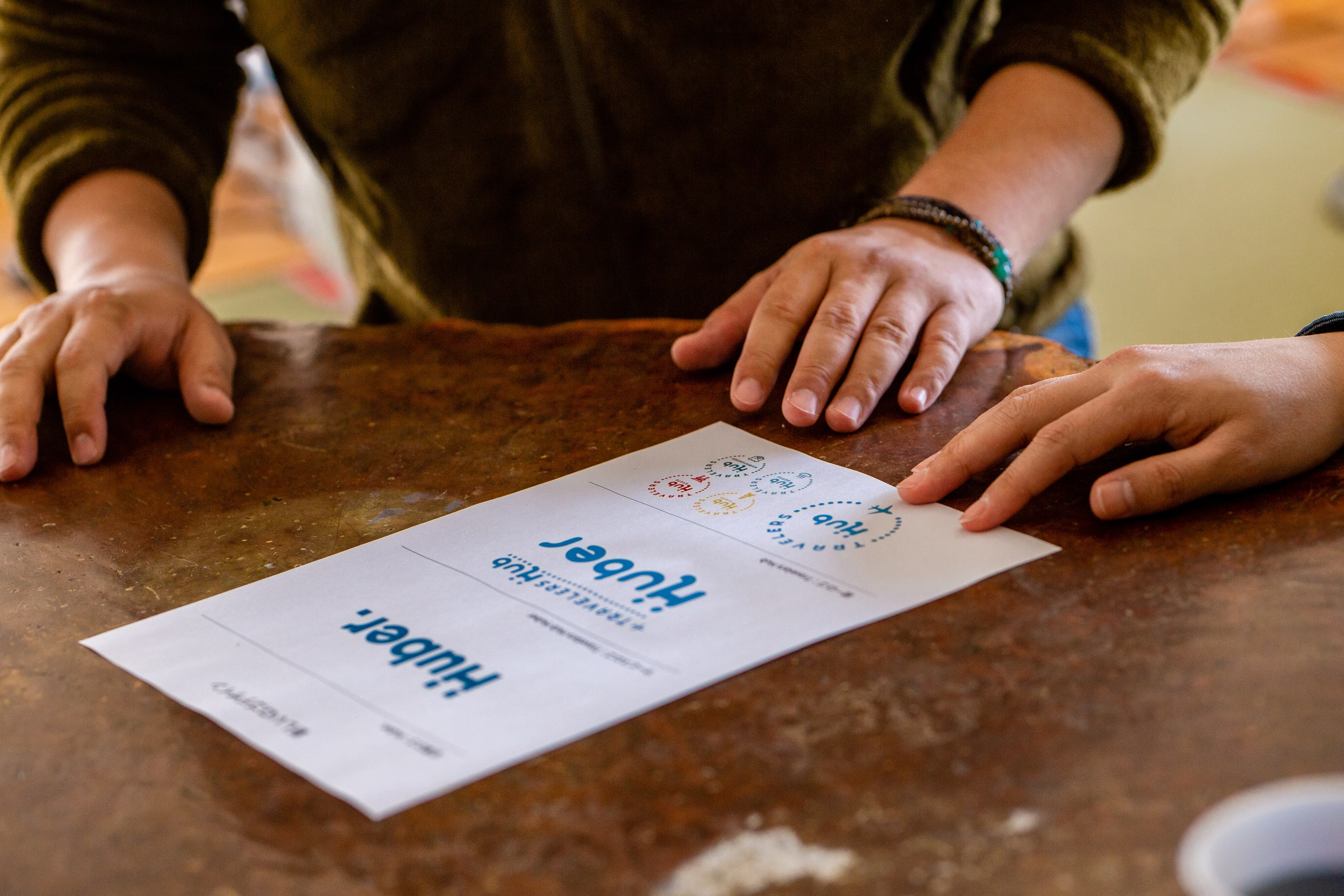
Kiroku: I really think that travelers will change the world. Possessing various values, truly global travelers are changing the world indeed. We want to create places where people like to stop by, both online and offline. I think that it is a wonderful logo that clearly shows our thoughts.
Shimizu: I’m excited! I am looking forward to seeing more of Huber in the future. Thank you very much for today!
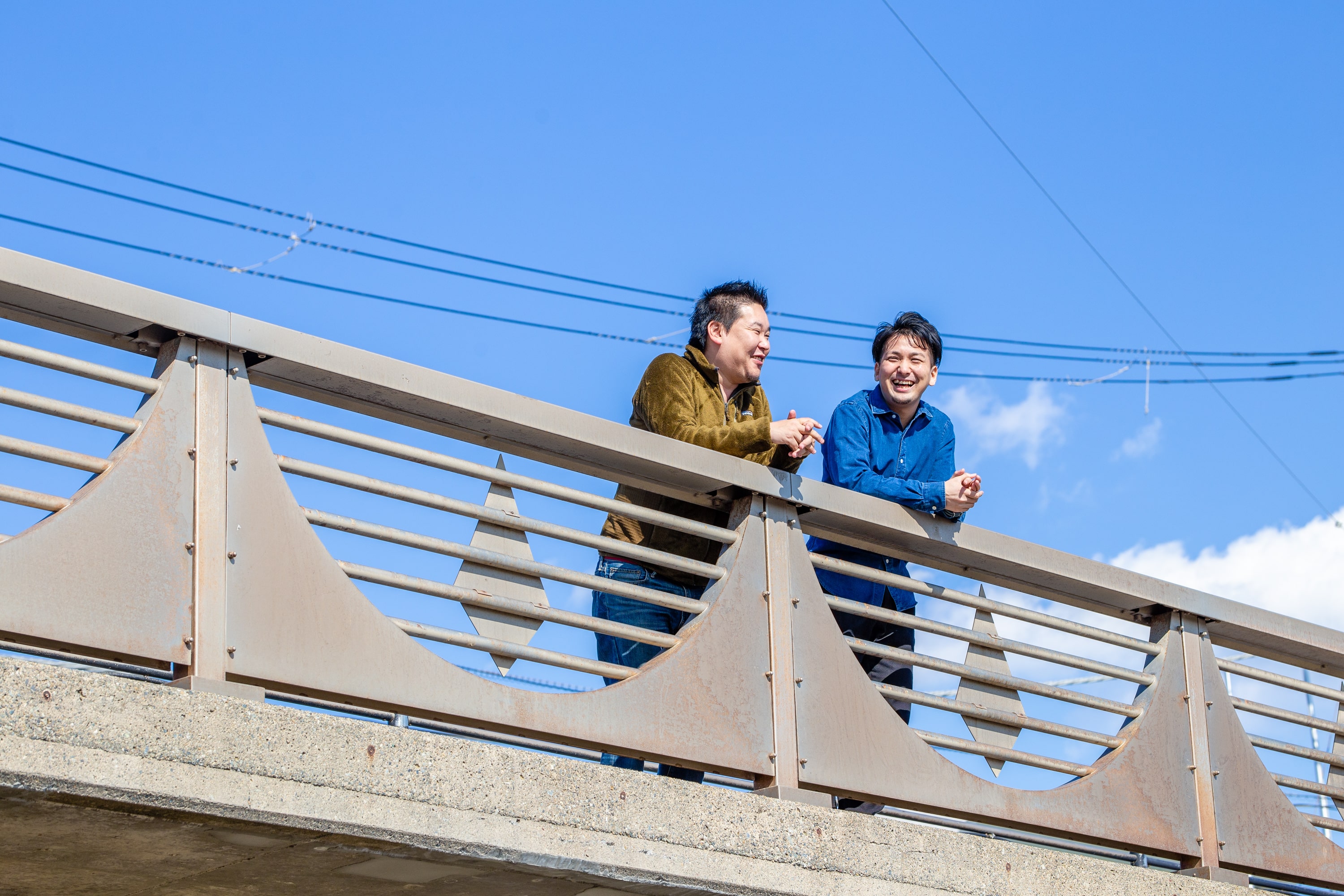
Photo:Kouki Ikeda
Text:Youta Nakamura

